ROFFEKE: What lessons did you learn from carrying out the Kickstarter campaign for "The music stops here"?
Alec: I learned to allow people to buy into the project, rather than just donate money. By this, I mean we hosted events where donors and potential donors could see the work in progress, feeling a part of an ongoing project that they could see and help progress and be a part of. It's also important to keep the donors updated on your progress, not just take the money and say 'thanks, cya'. You have to remember that were it not for their kind donations, your film wouldn't be going beyond your laptop screen.
ROFFEKE: In the BBC radio Manchester interview, you admitted that you were "losing money" because of this project. What priceless things have you gained from making this documentary?
Alec: This is our first documentary, both for myself and (Director) Adam Farkas. Technically we learned a lot about film-making and production, though this is quite obvious, I guess. From the Star and Garter I learned that culture means much more than anything else in this city. Manchester is a passionate city and at the heart of that passion are two things: football and music. I gained an even greater love for my city and for the people that make it so special; the unique characters, the creatives, the down-to-earth spirits and most of all, the people who keep enjoying the city's nightlife and don't give up on the music.
ROFFEKE: Which scenes would you have loved to be included in the final cut of the documentary?
Alec: There is a scene about the 'Smile' indie disco, which many will claim is the longest running indie disco in the city that, essentially, can claim to have invented indie rock. We just couldn't fit this into the shorter version of The Music Stops Here, but we will look to include this in a later form. There are also some great scenes which go into the local political situation that has led to the due closure of The Star and Garter, which add real depth, but might be a bit too overwhelming for a casual non-Manchester viewer.
ROFFEKE: If the "soul" of the Star and Garter could speak, what do you think it would say?
Alec: "Turn it down!"
ROFFEKE: Advice for aspiring documentary producers?
Alec: Just pick up the camera, find the right story and go for it. Don't worry so much about the technical side. People will forgive some dodgy camera angles or sound glitch, but they won't forgive a boring story. Also, when people say "No" to speaking on camera, try again another couple of times. Some of the best interviews you'll do are with initially very reluctant subjects. Equally, some of the worst interviews will be with people who have too much to say!
(Like Placebo:Alt. Russia, The Music Stops Here touches on SDG 11 and SDG 16: "Make cities and human settlements inclusive, safe, resilient and sustainable" and "Promote peaceful and inclusive societies for sustainable development, provide access to justice for all and build effective, accountable and inclusive institutions at all levels." Under SDG 11, target 11.4 stands out: "Strengthen efforts to protect and safeguard the world's cultural and natural heritage.")
Subscribe to:
Post Comments (Atom)





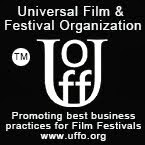









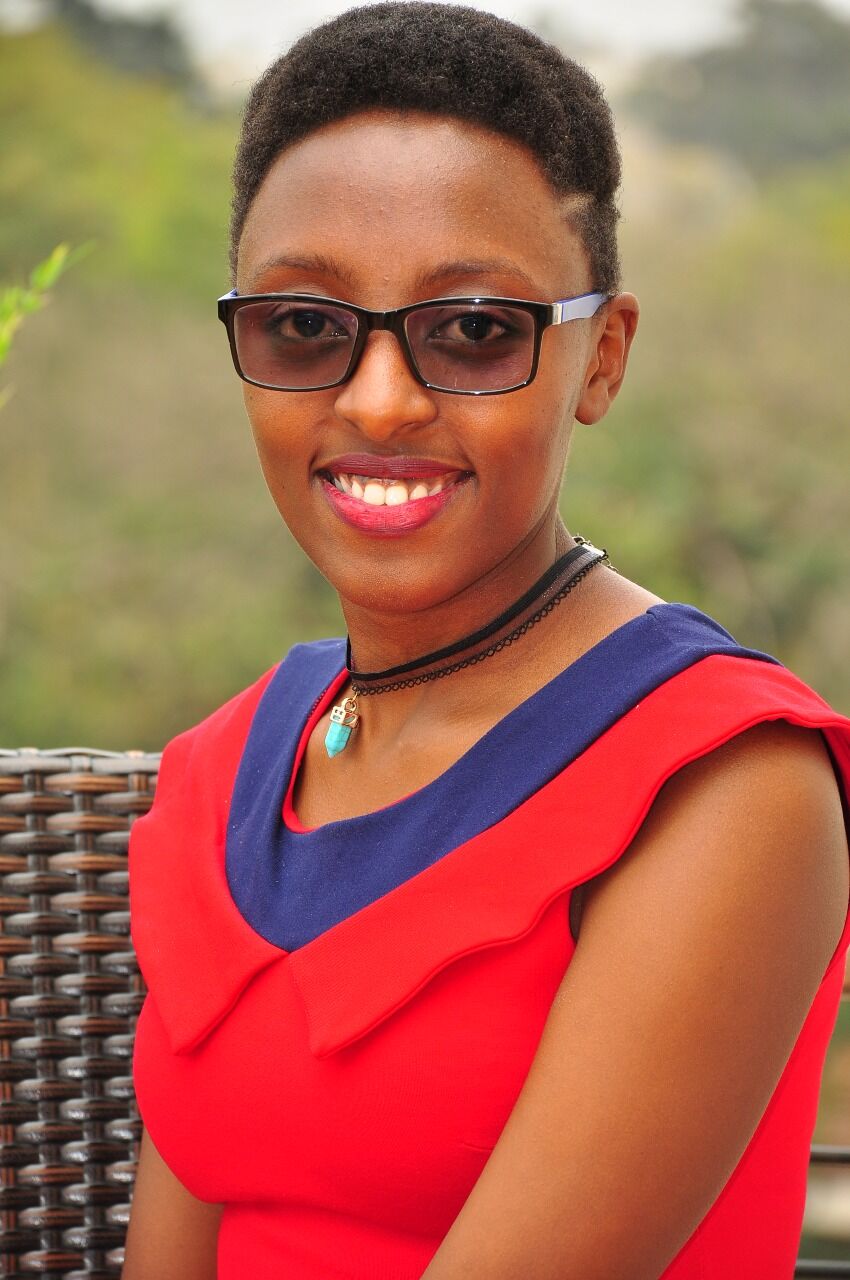

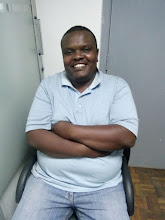
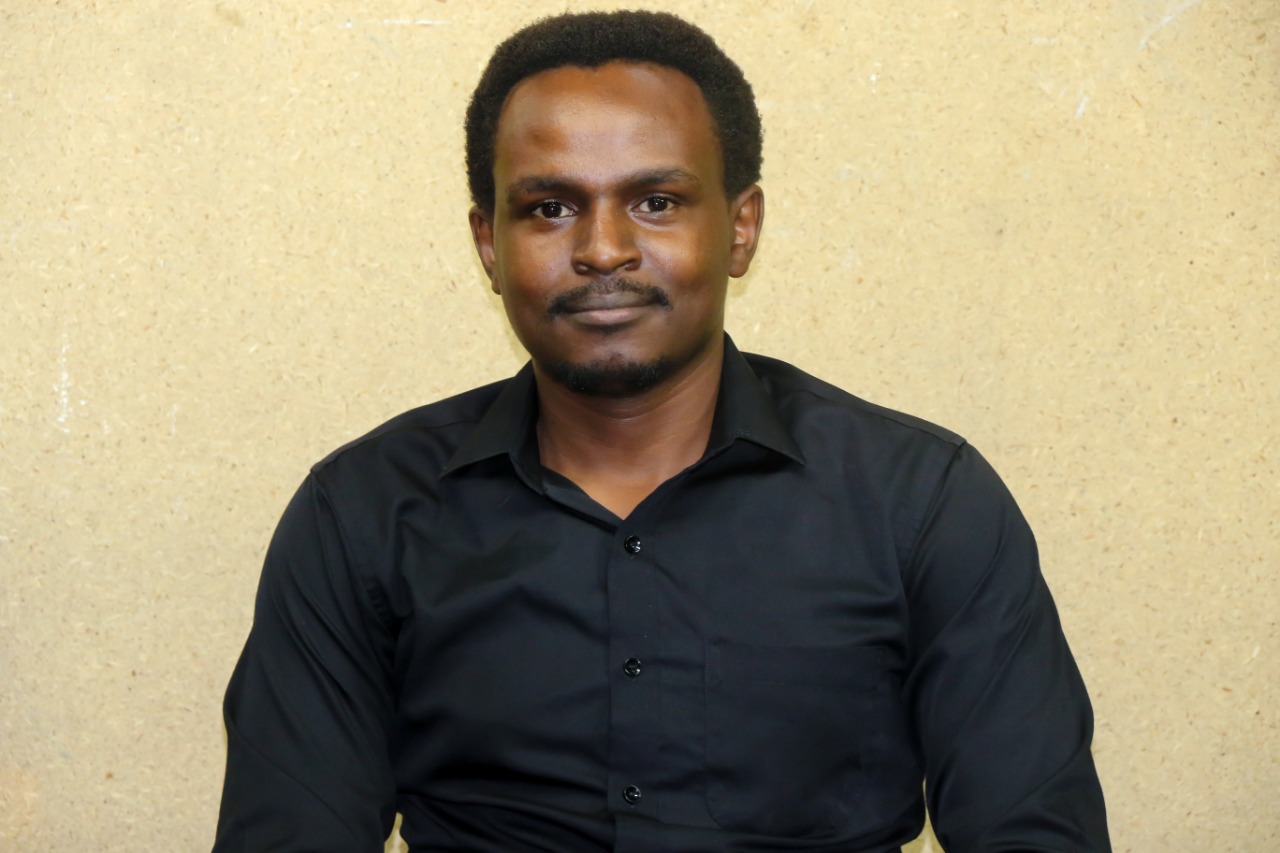
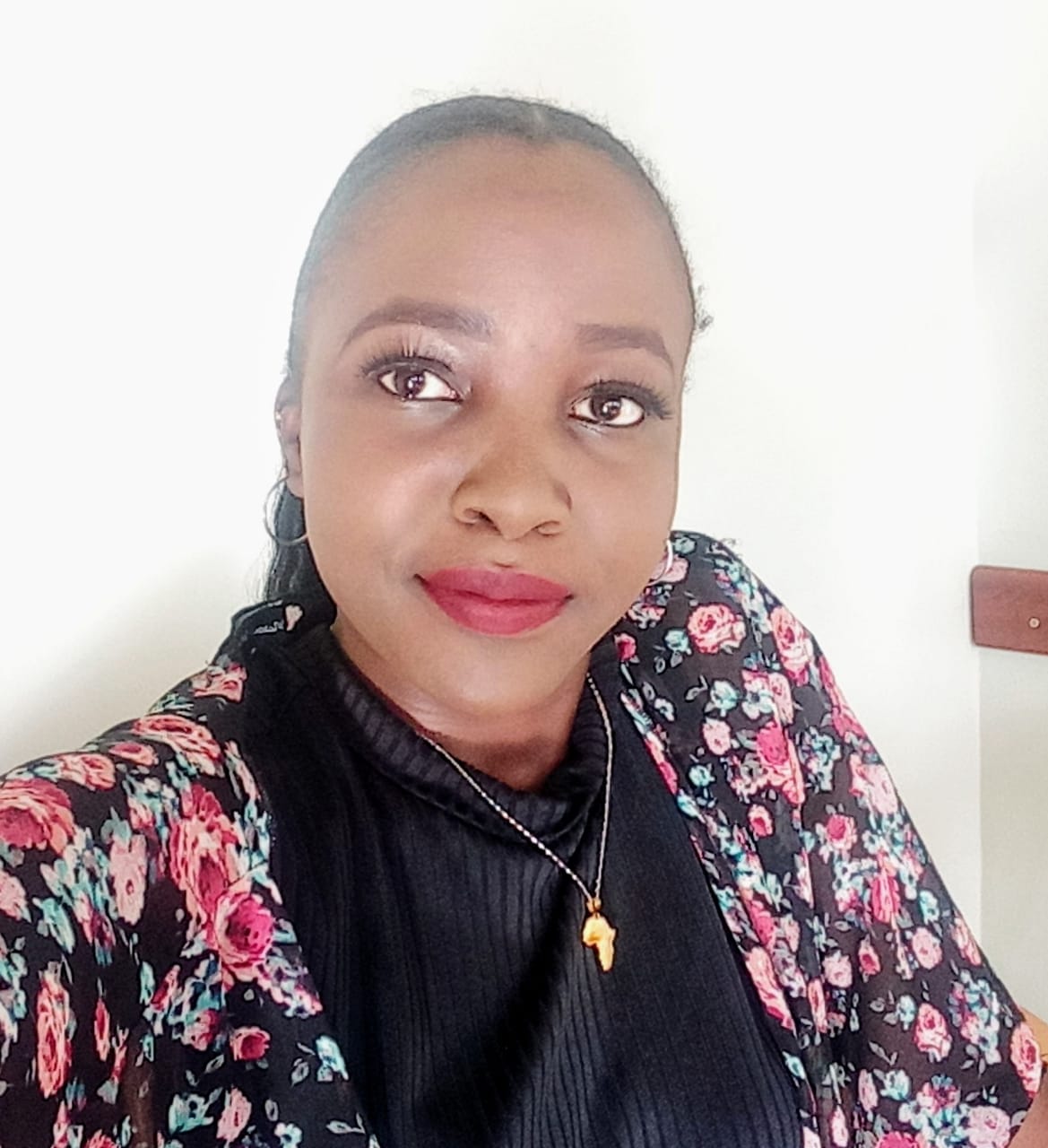
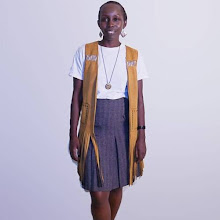

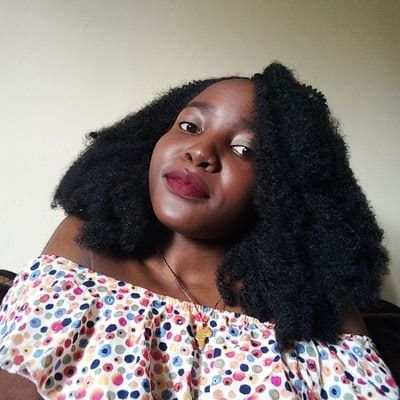


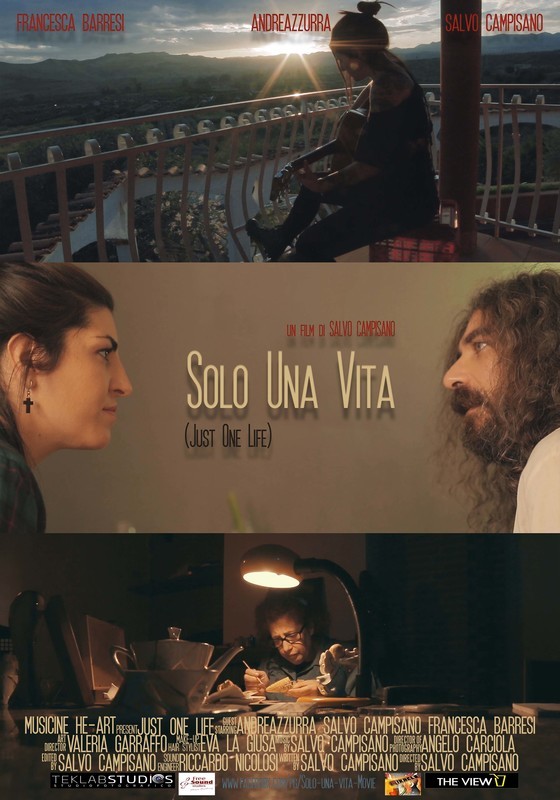

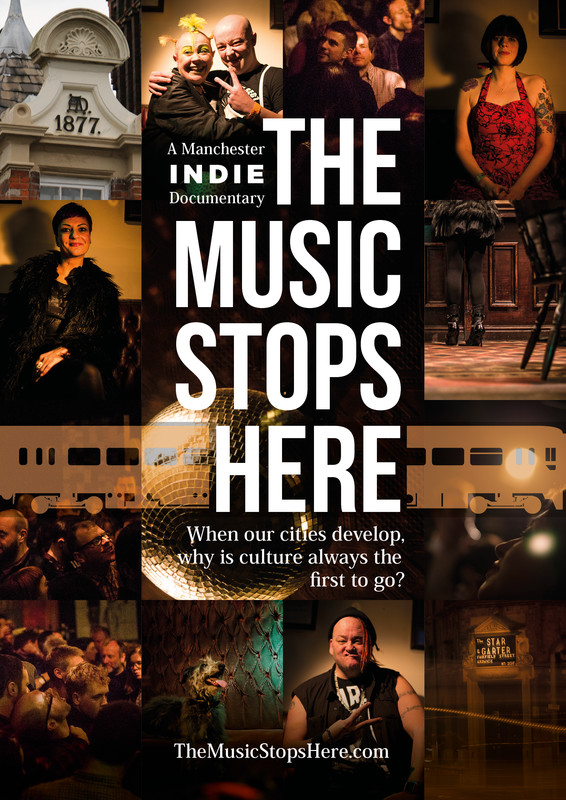


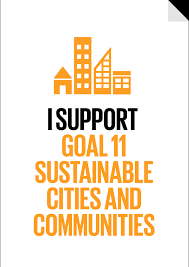
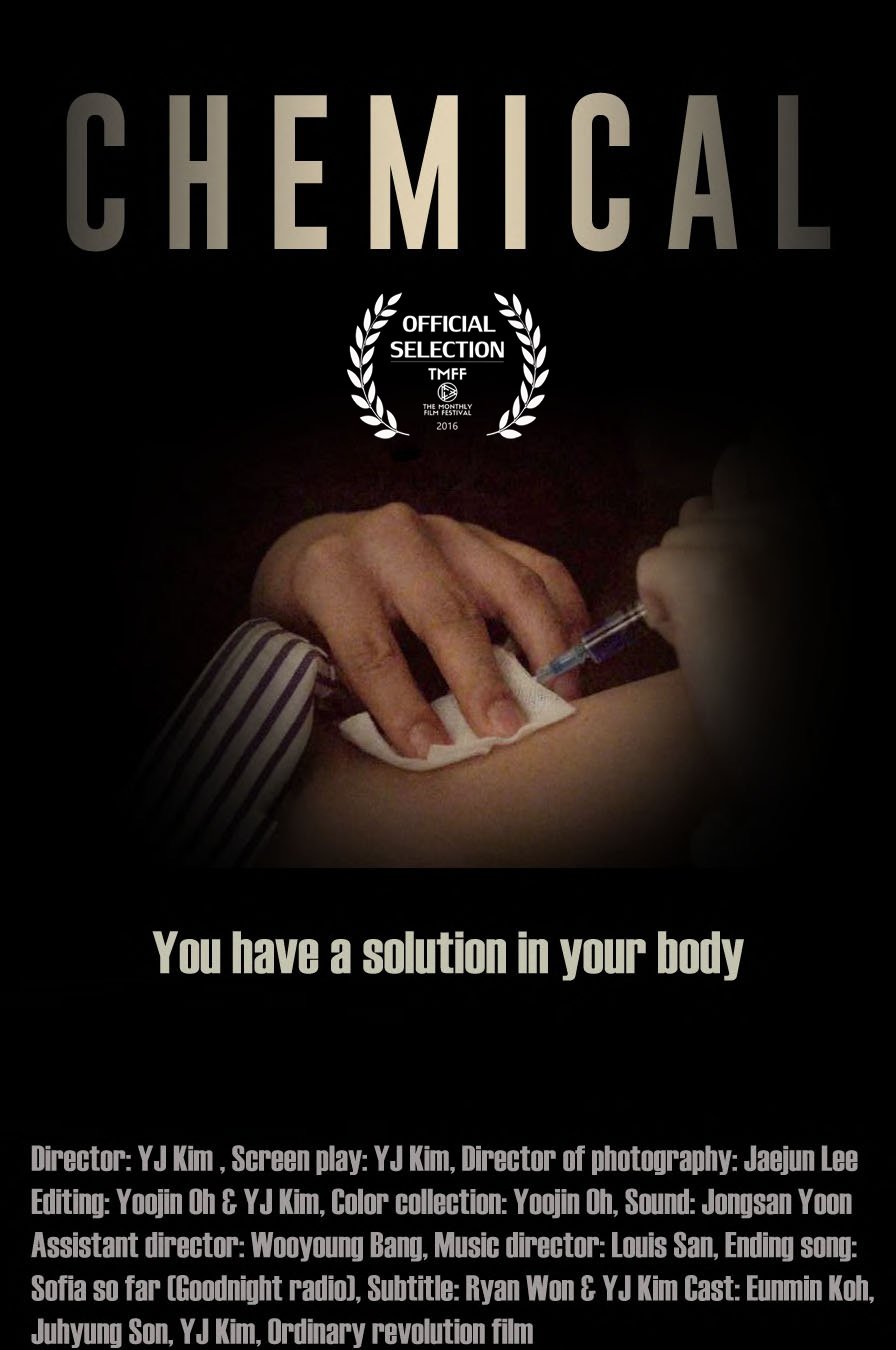
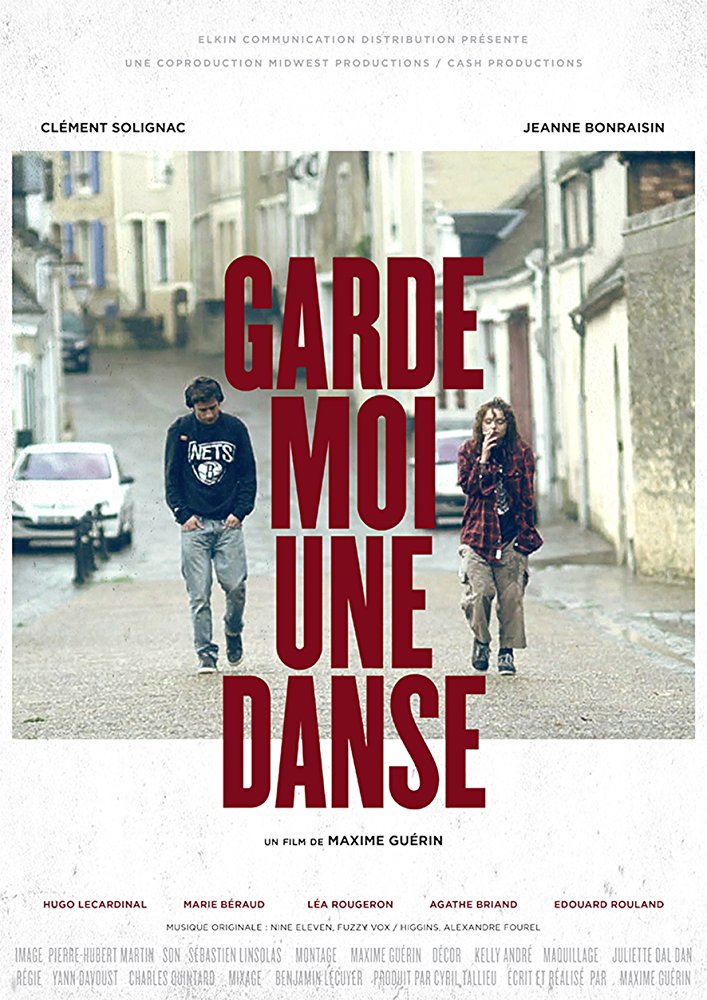
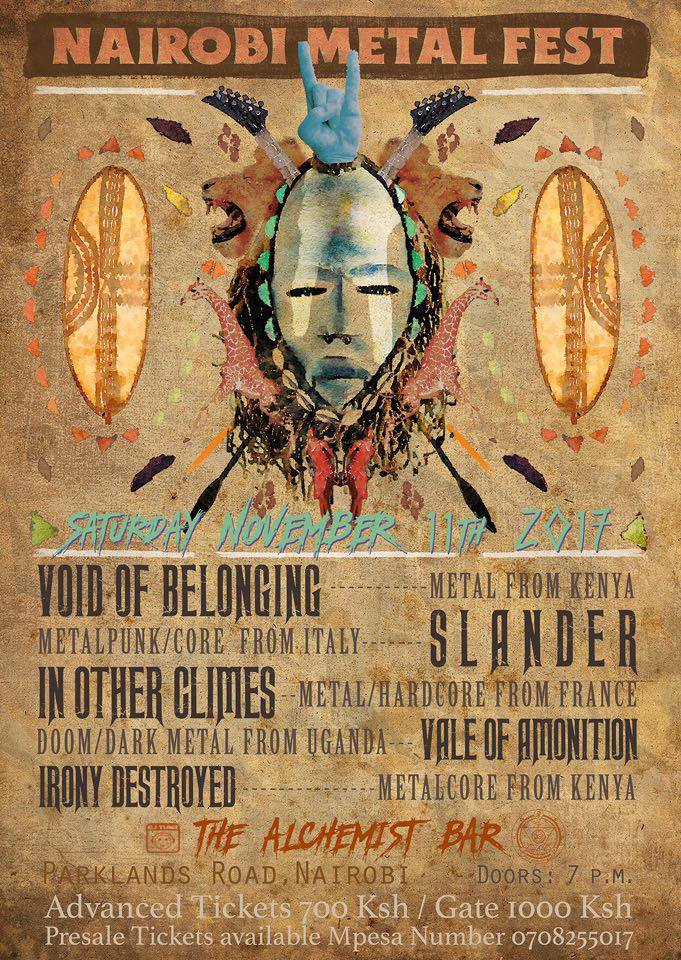

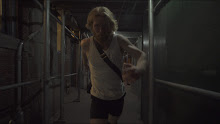

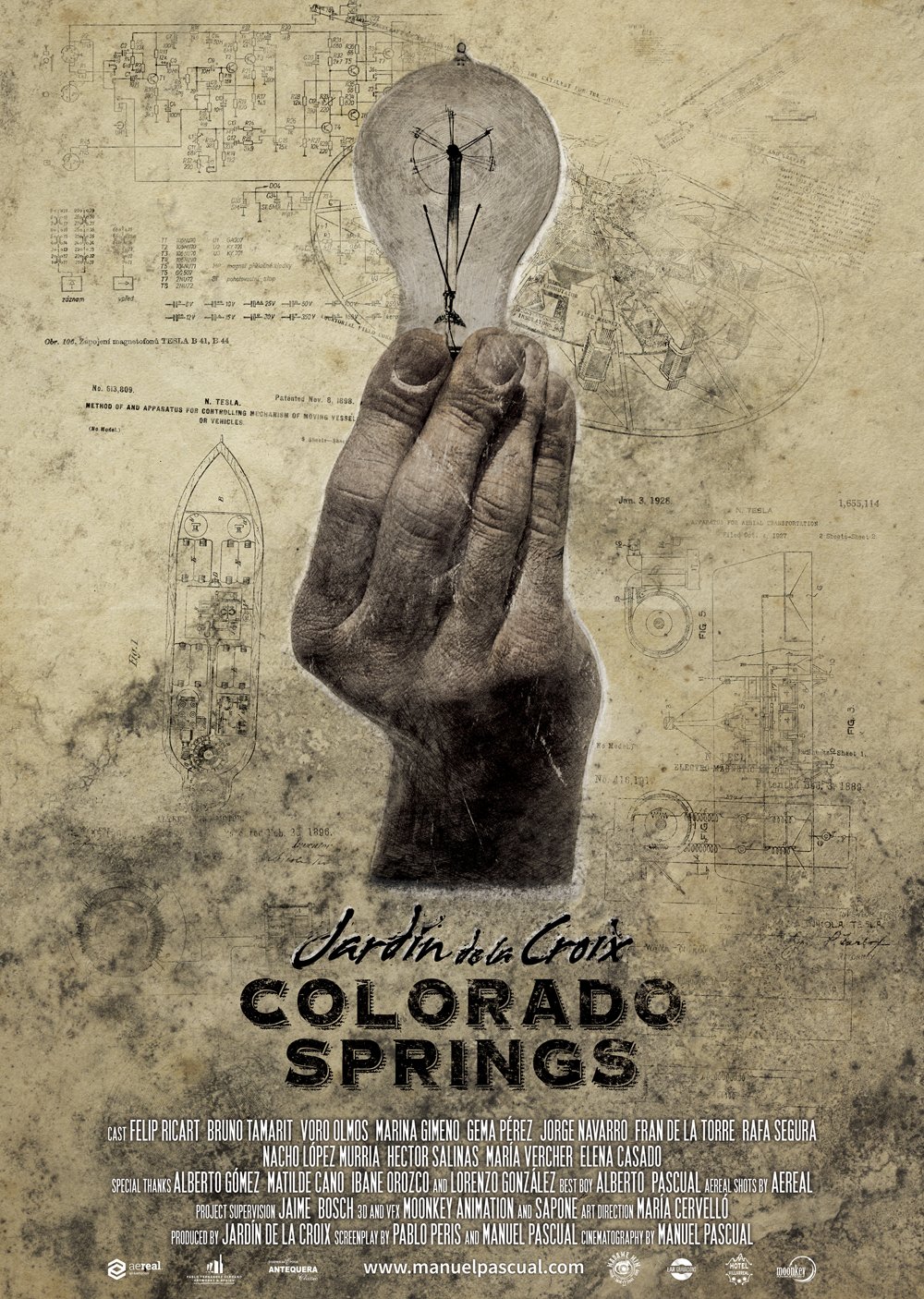
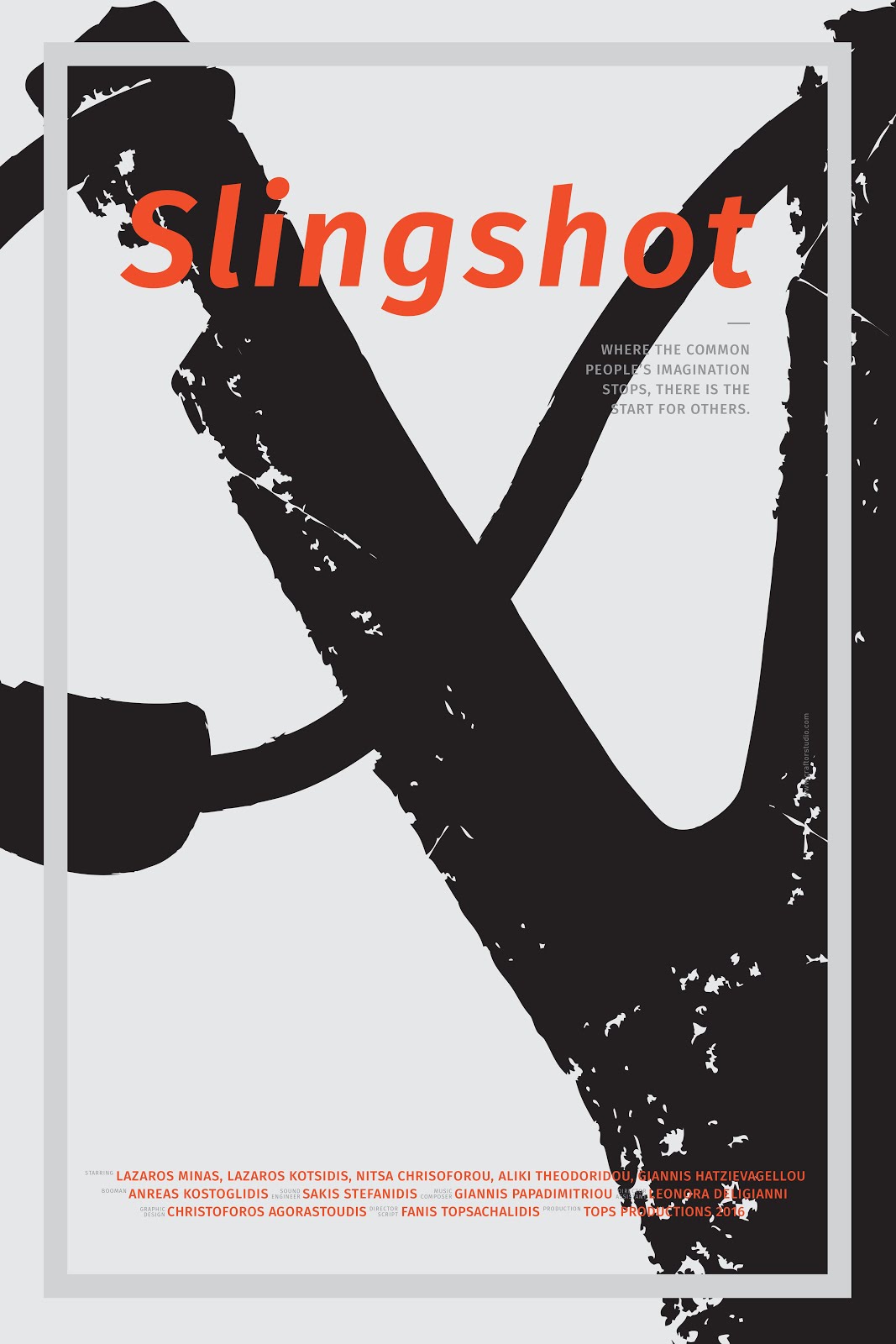
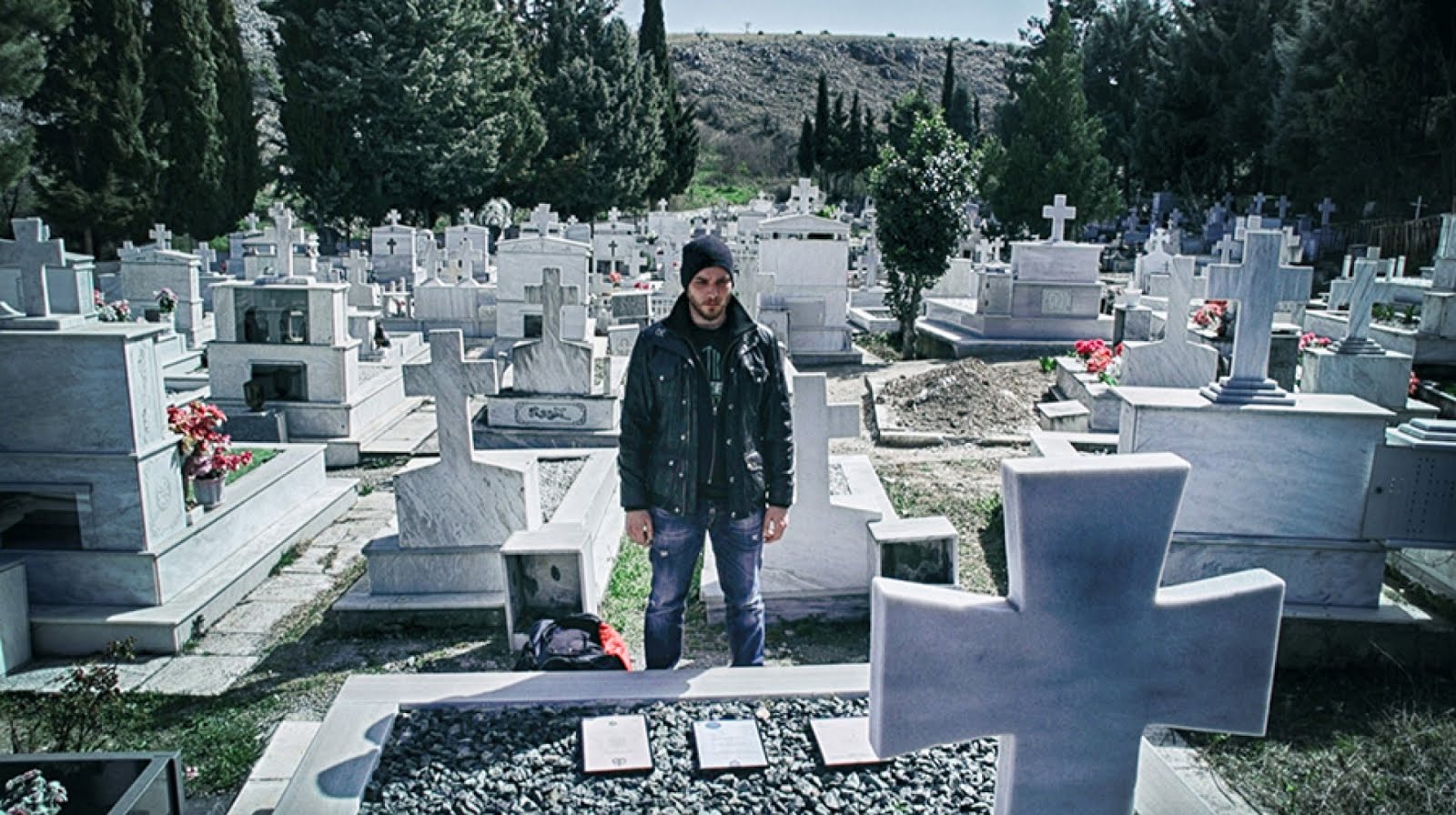
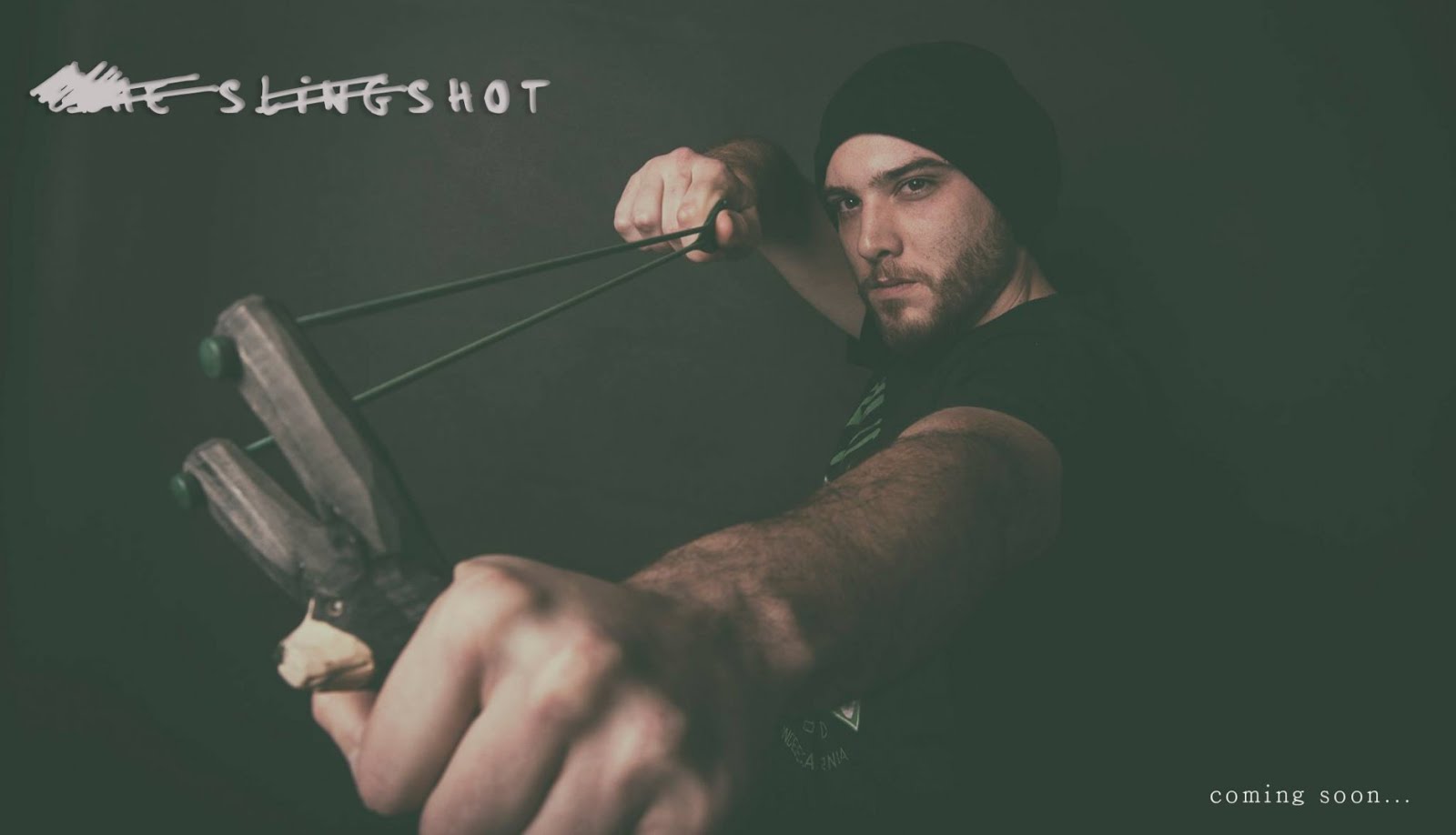
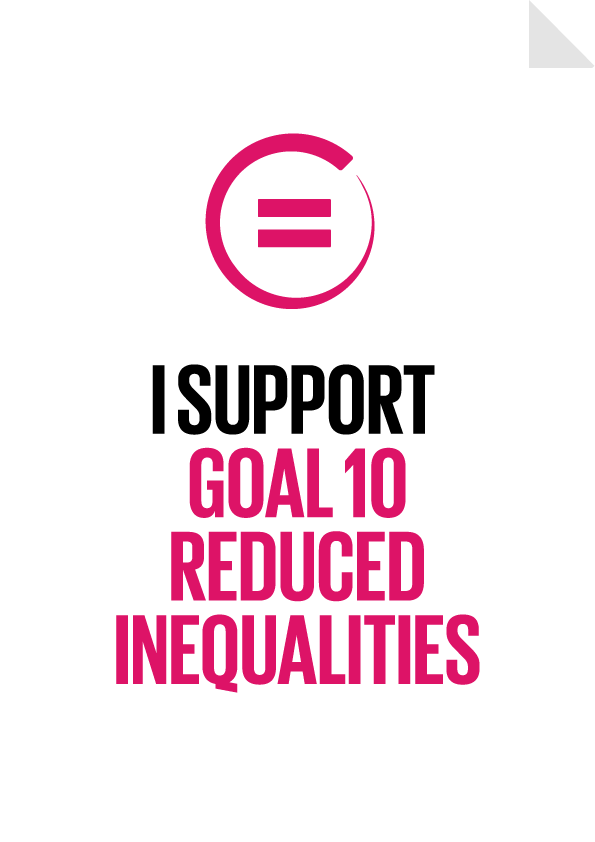


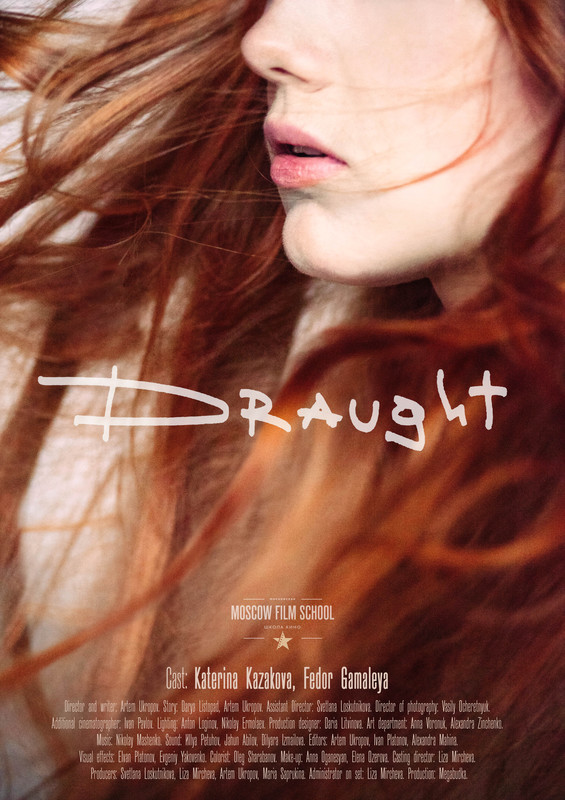
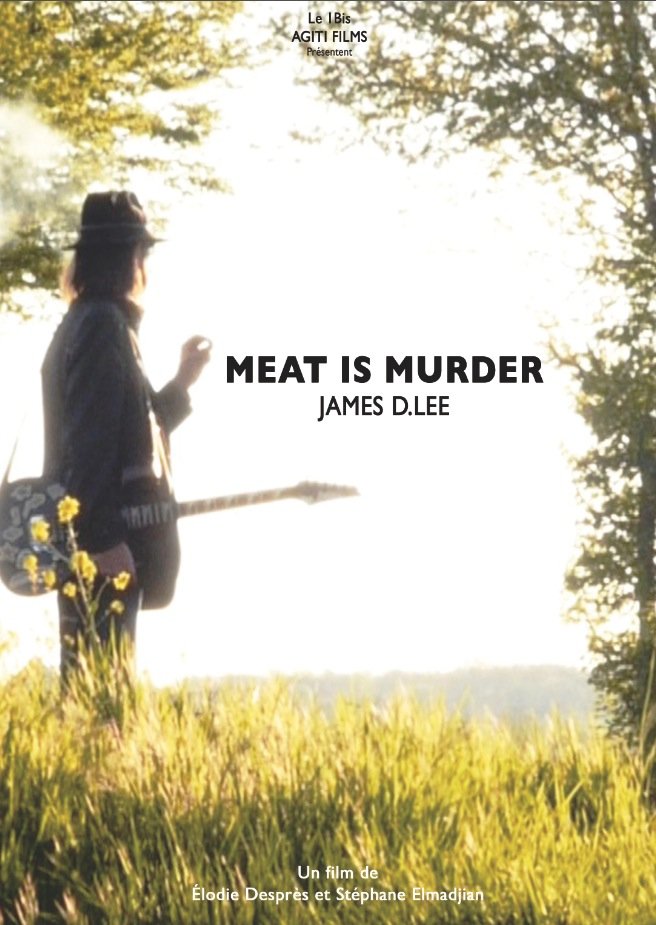


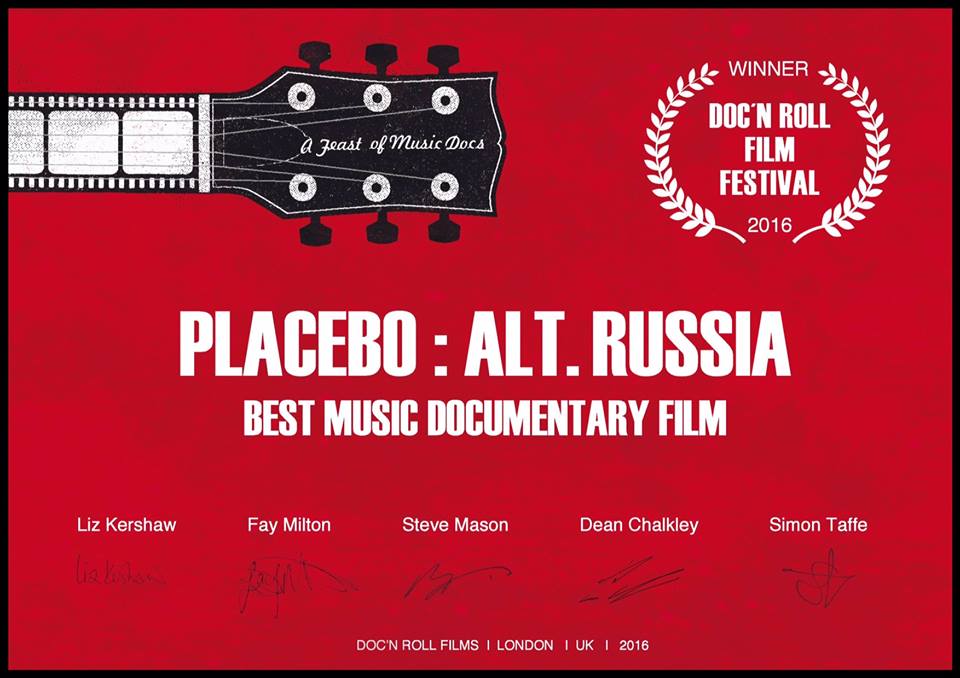

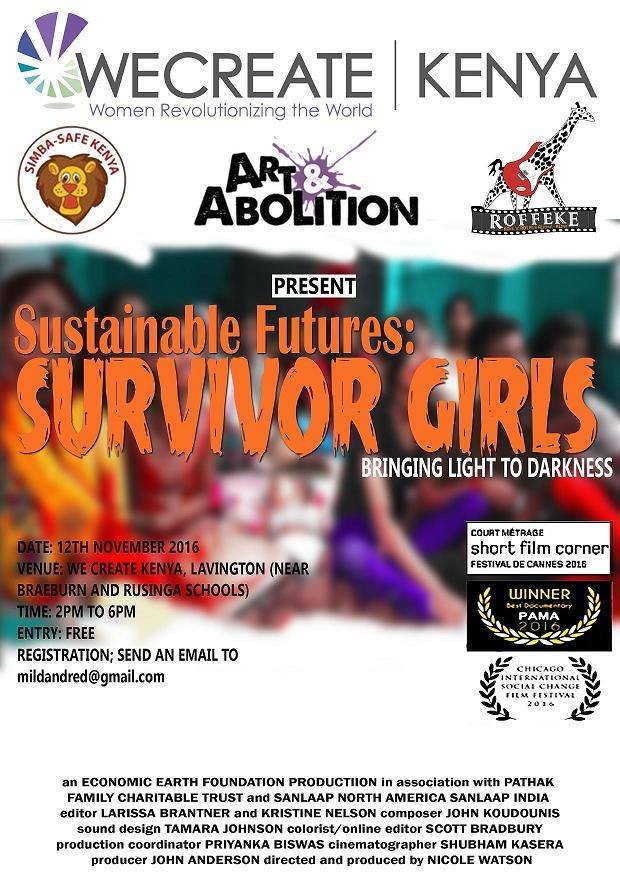


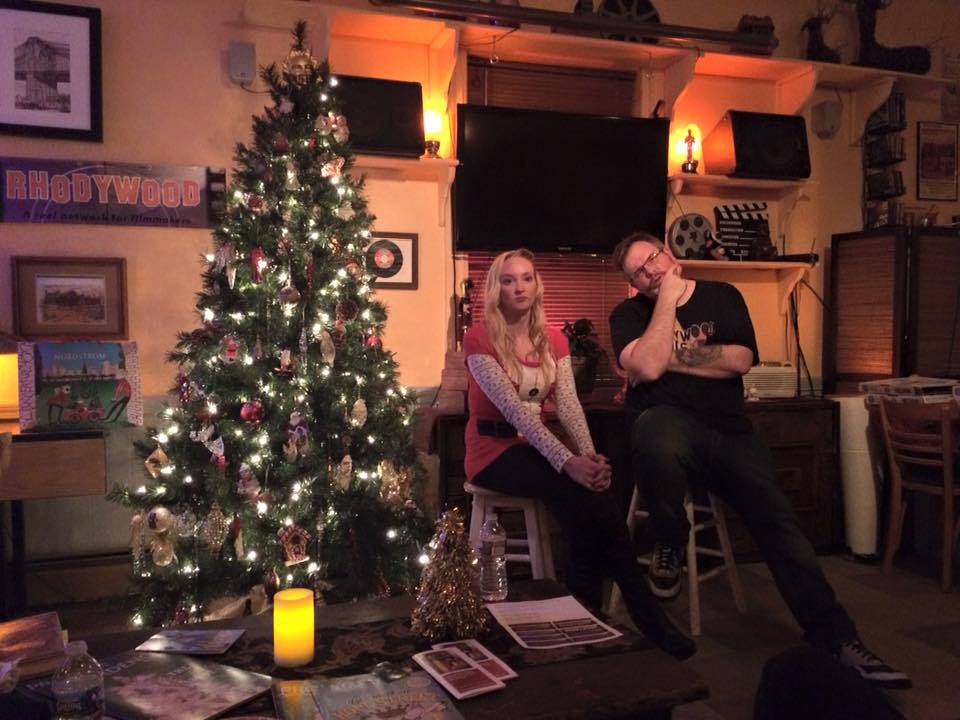
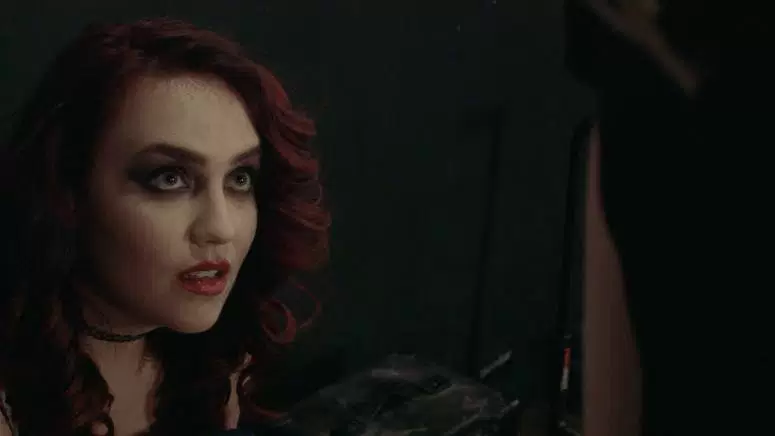
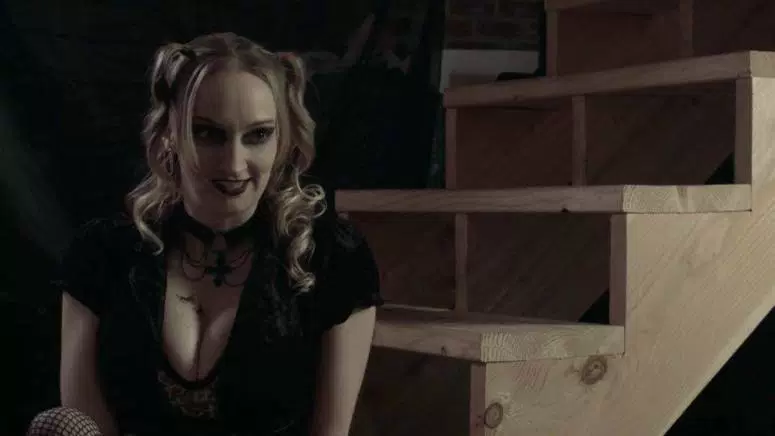


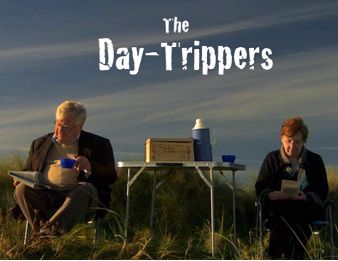
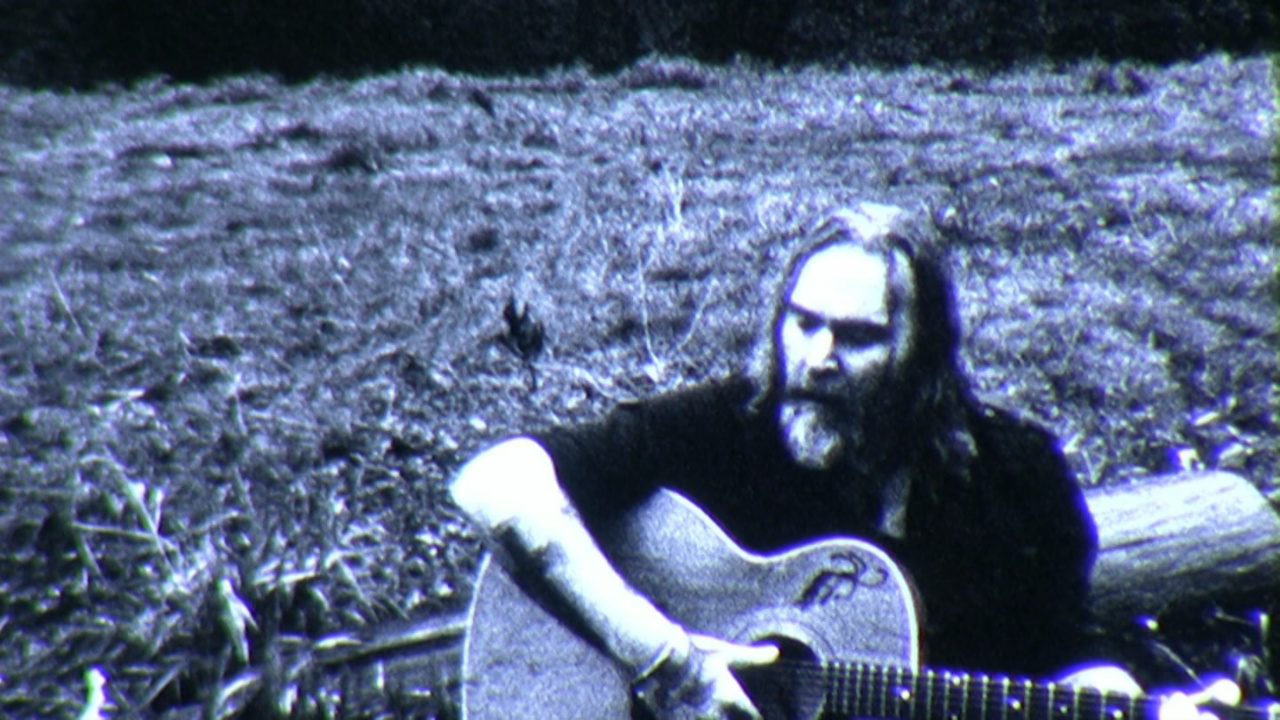
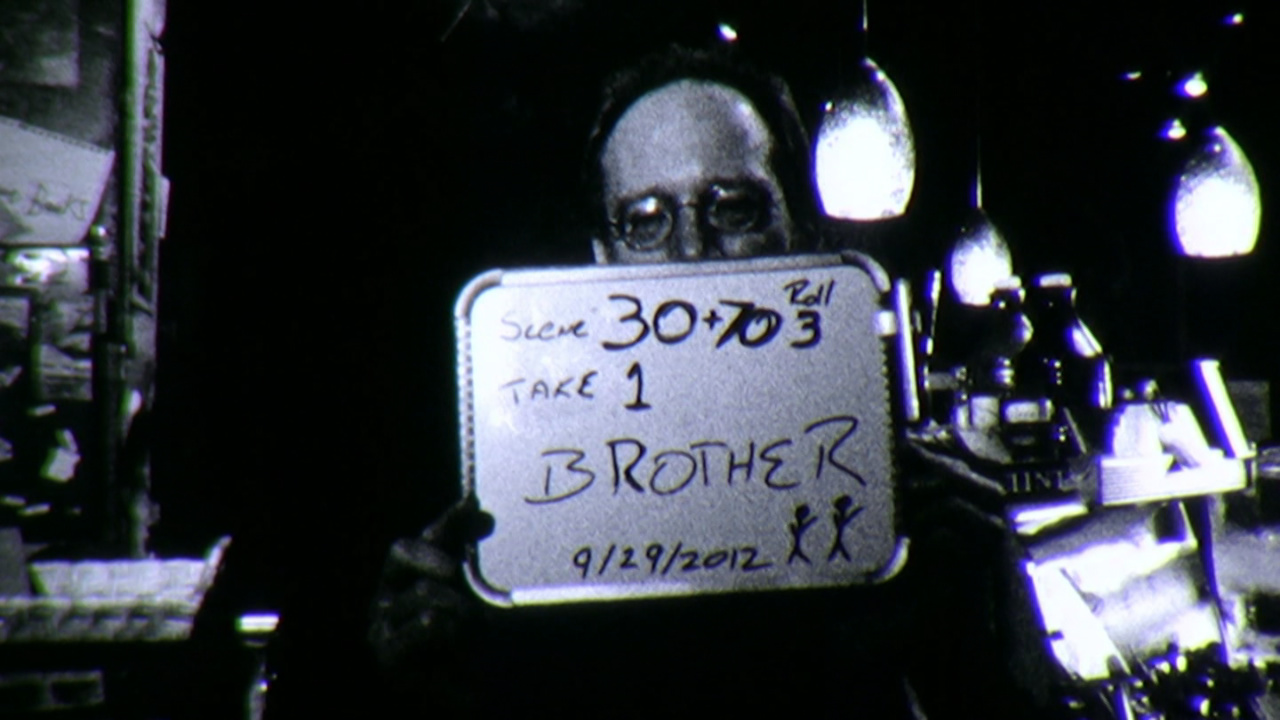
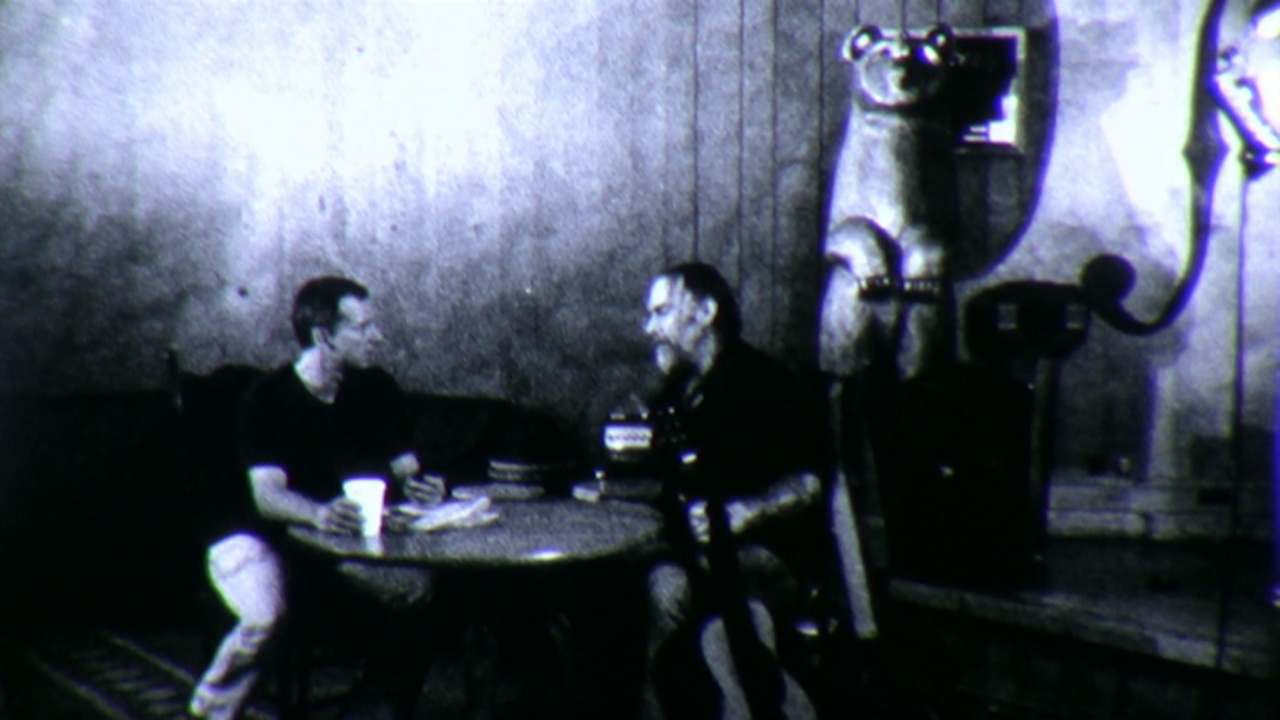
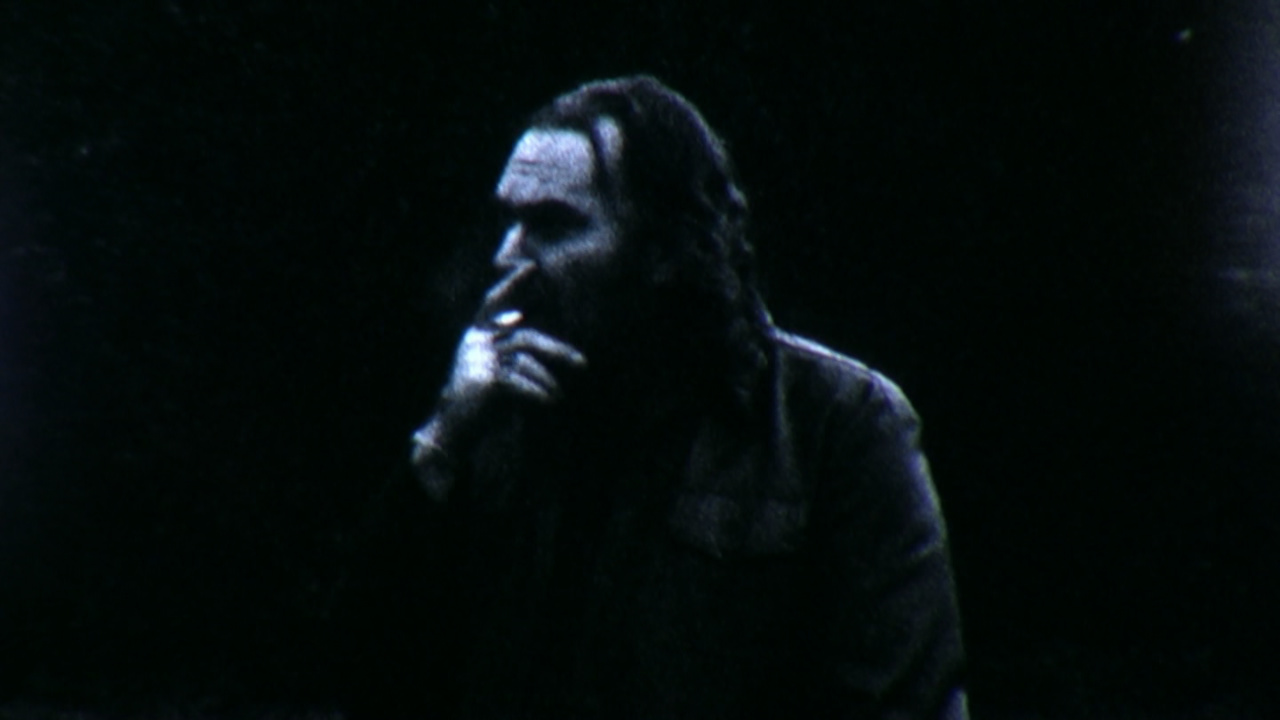
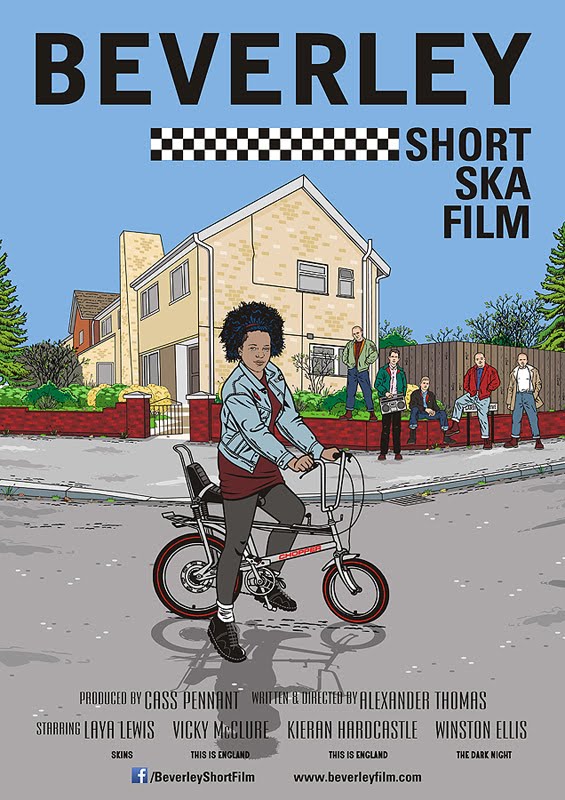
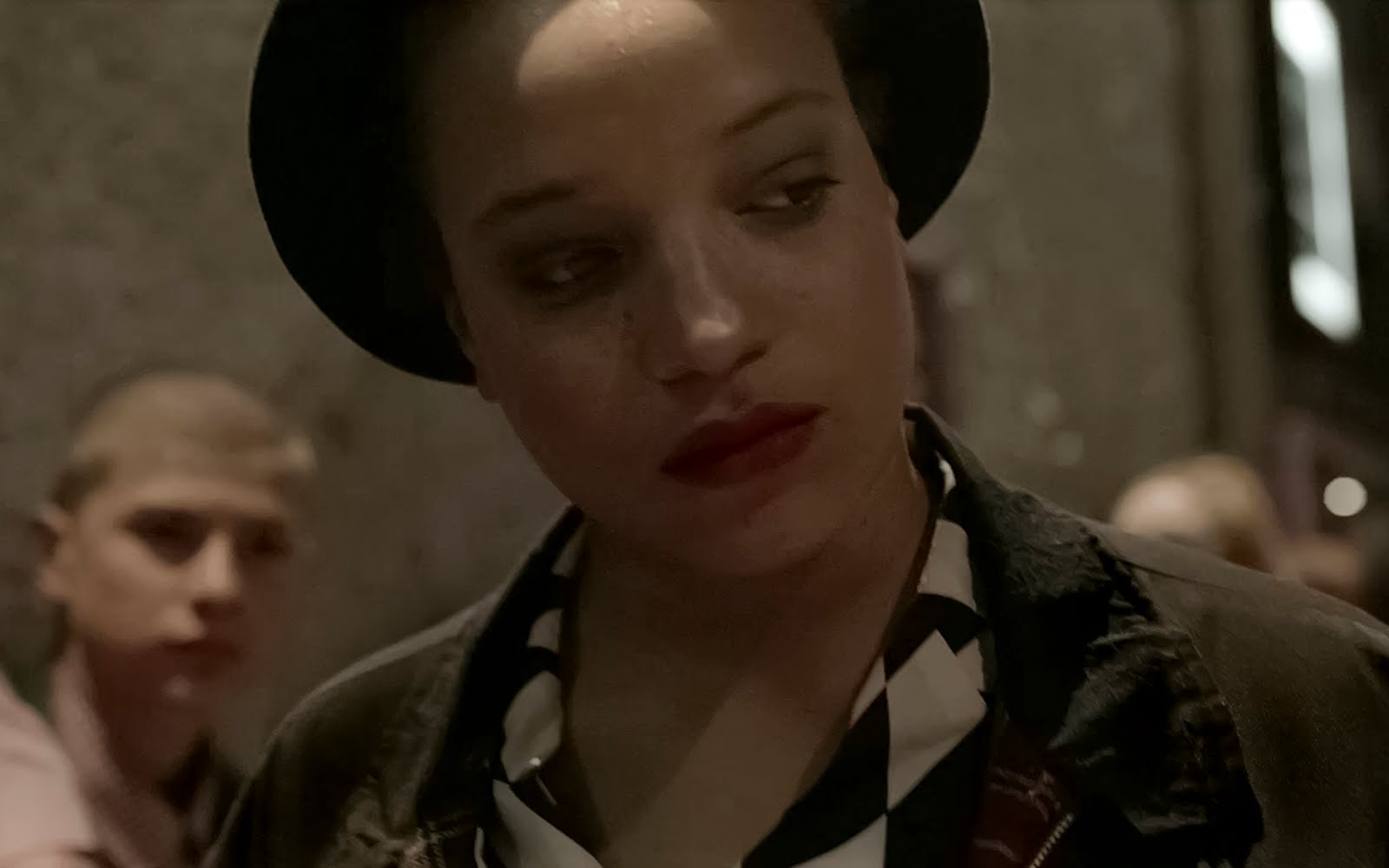

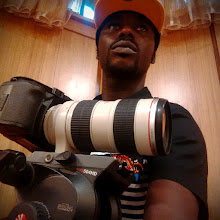
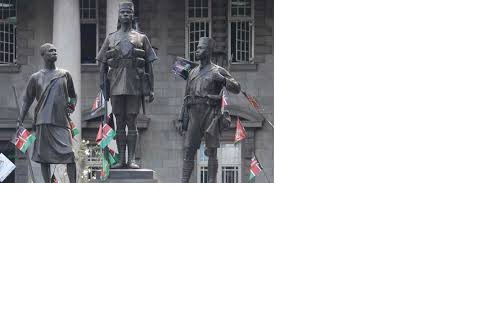
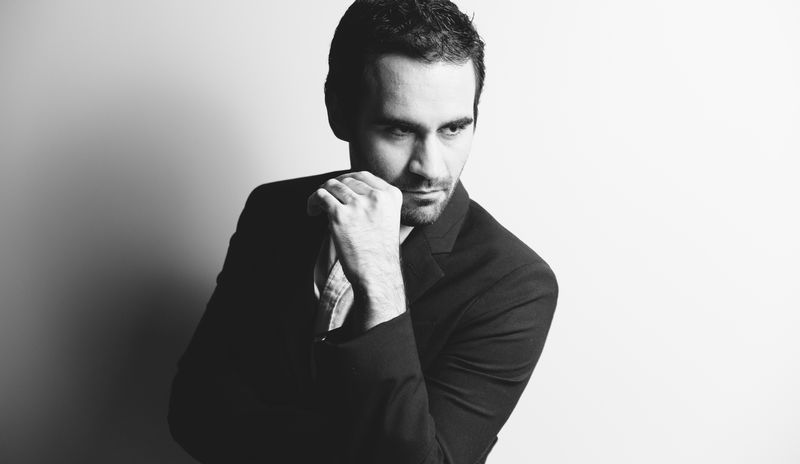

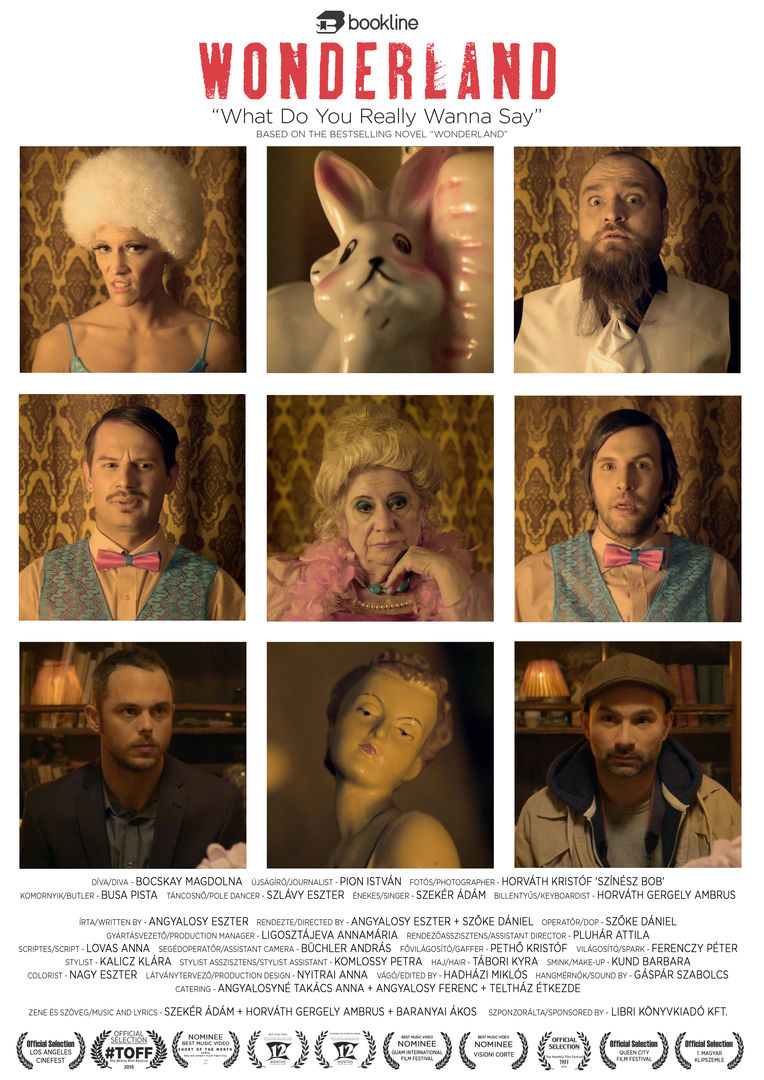
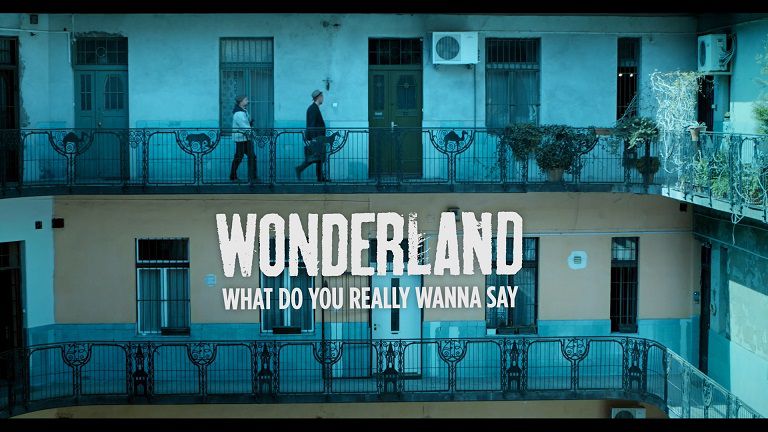




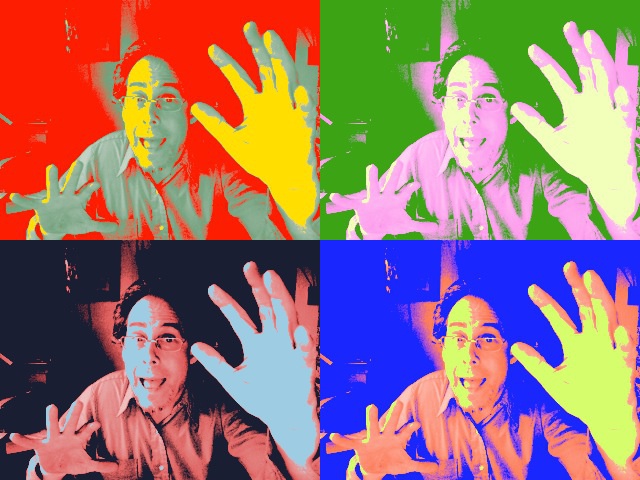
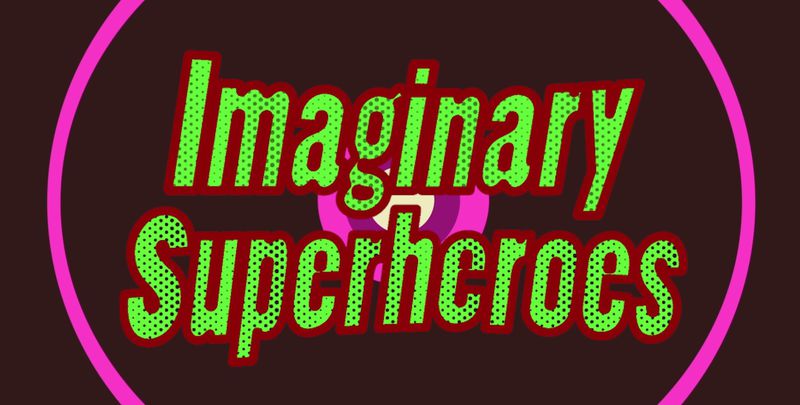
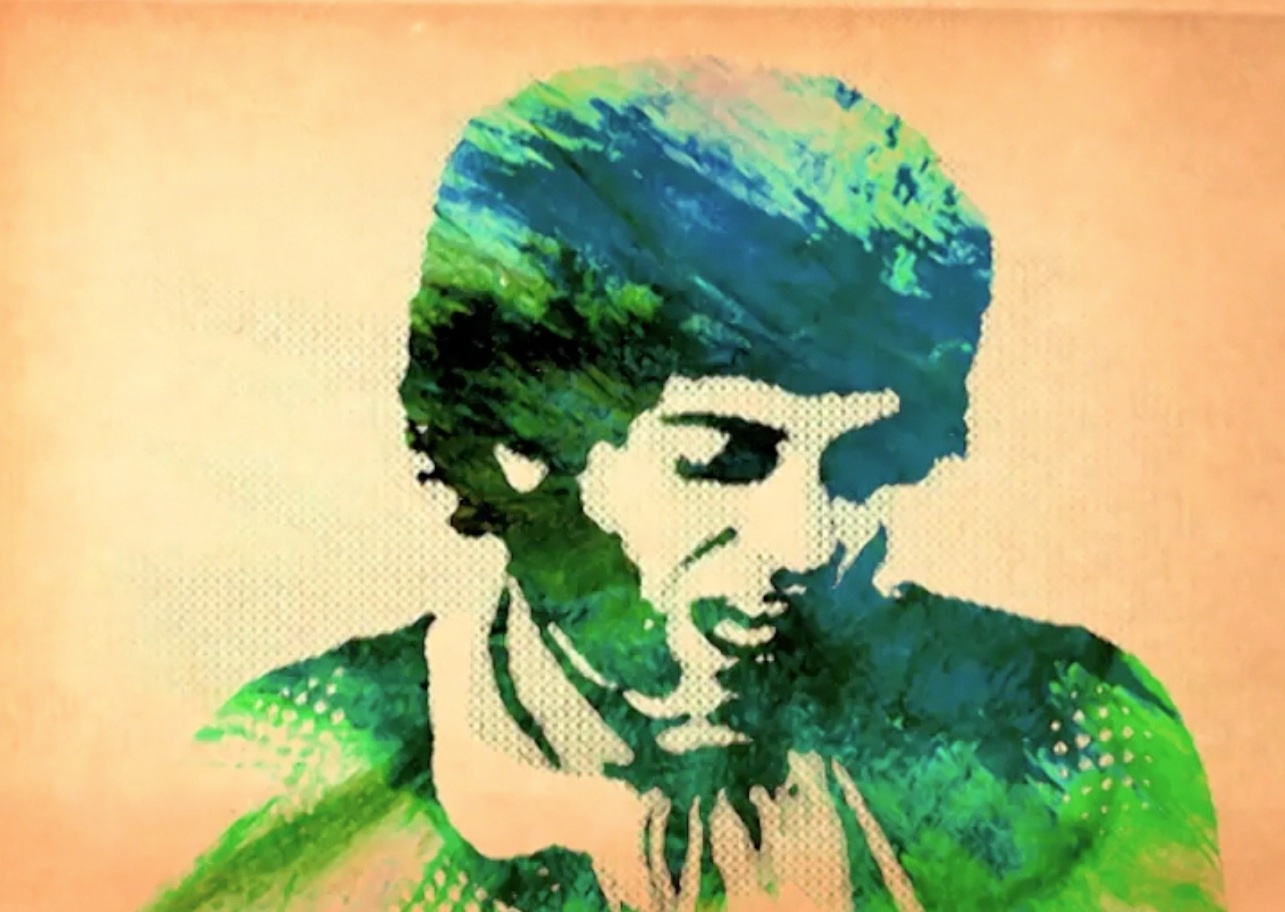
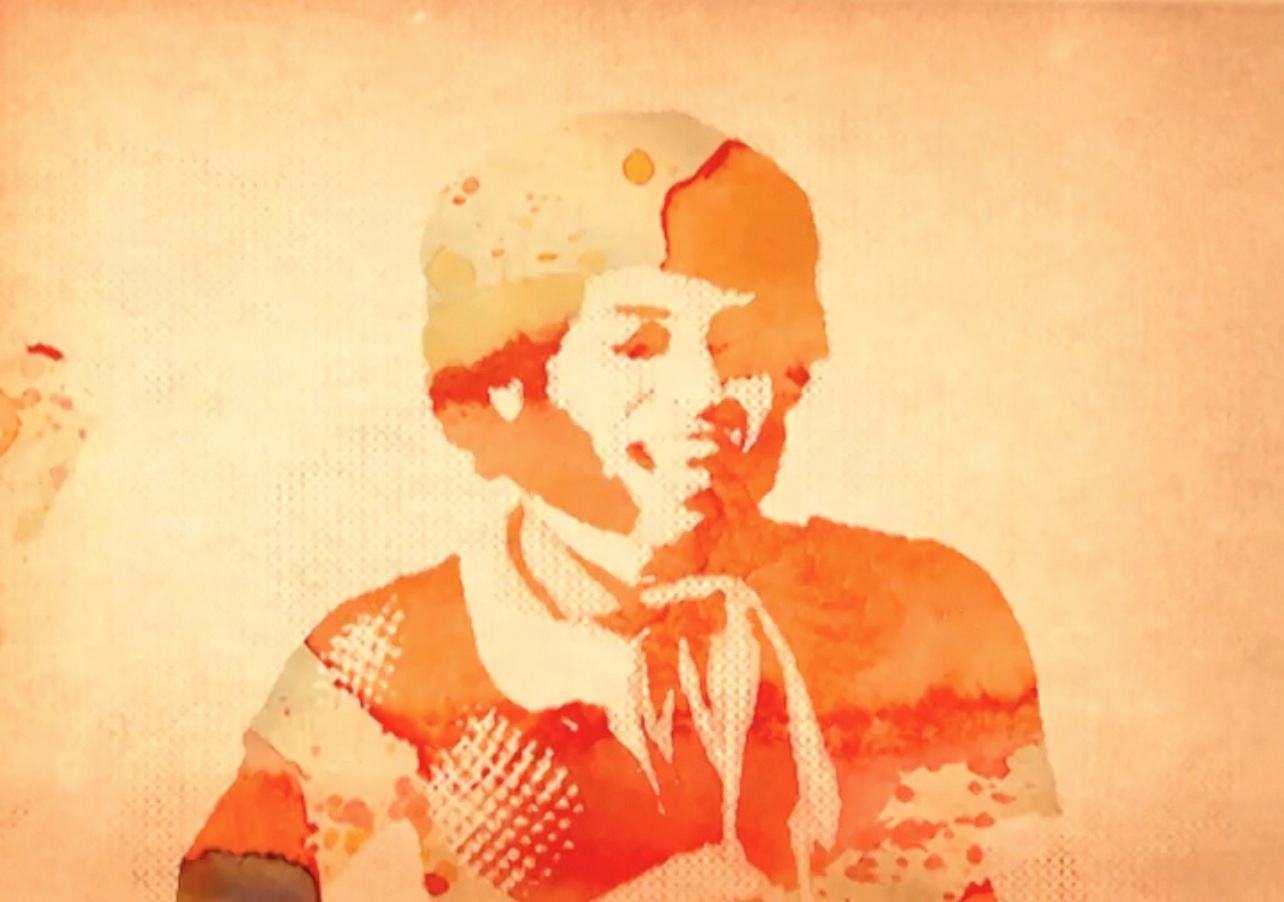
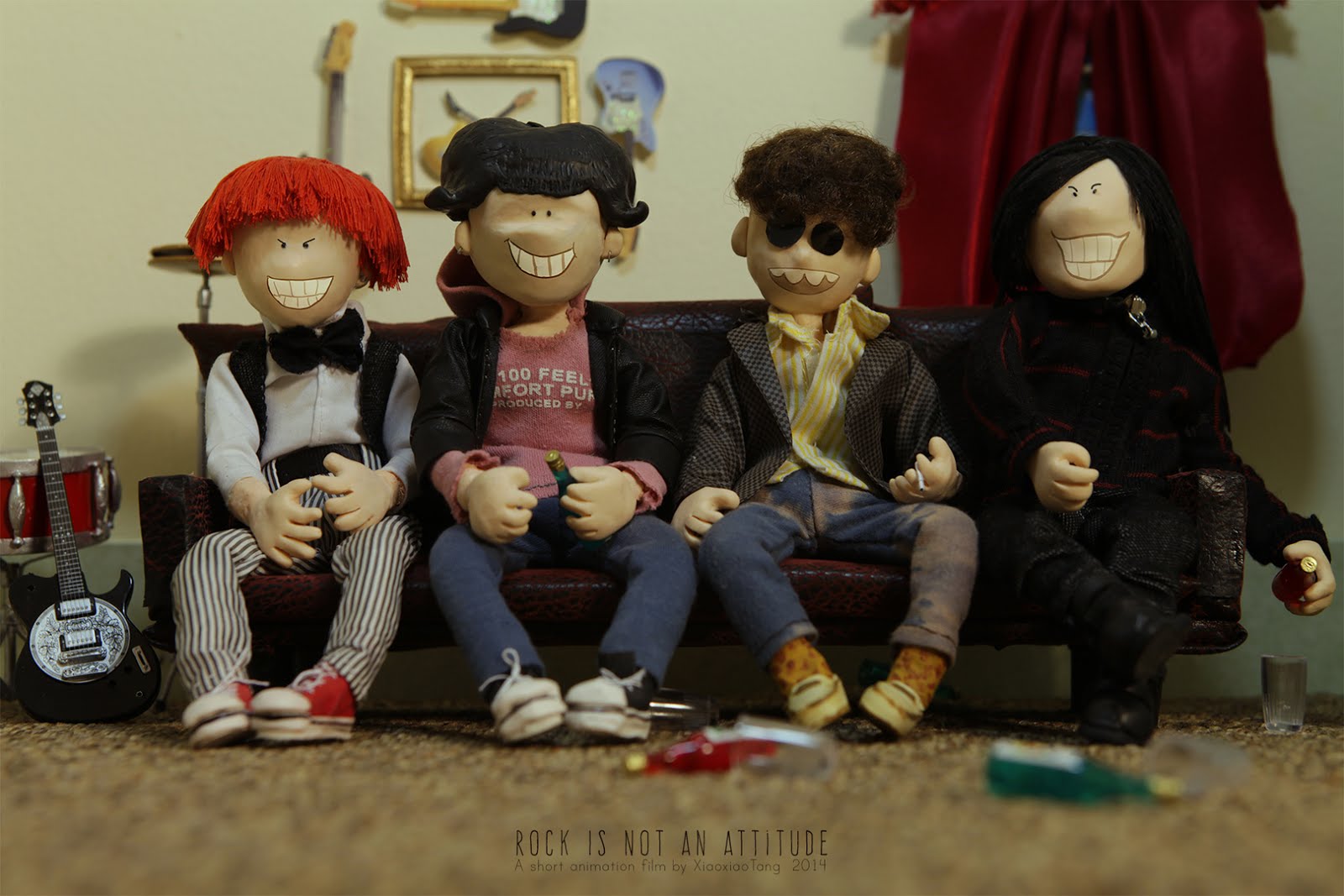
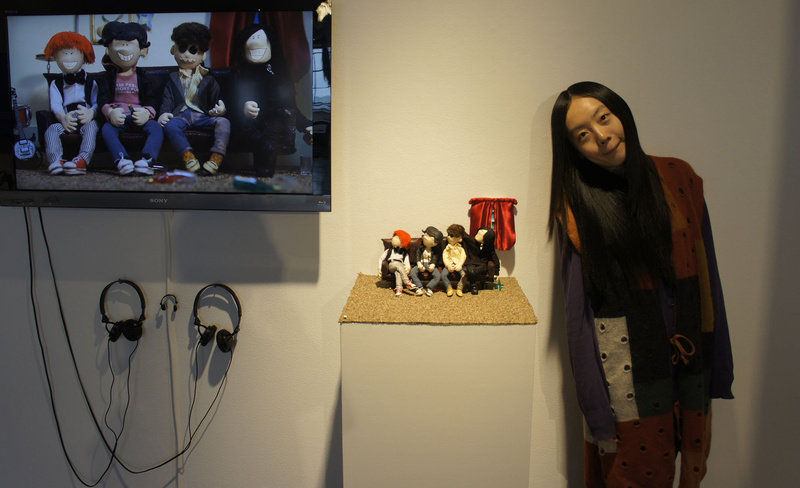
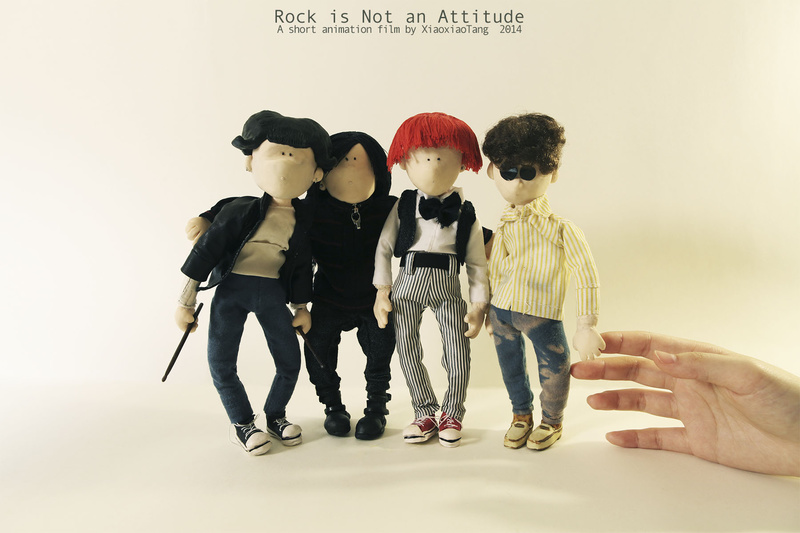
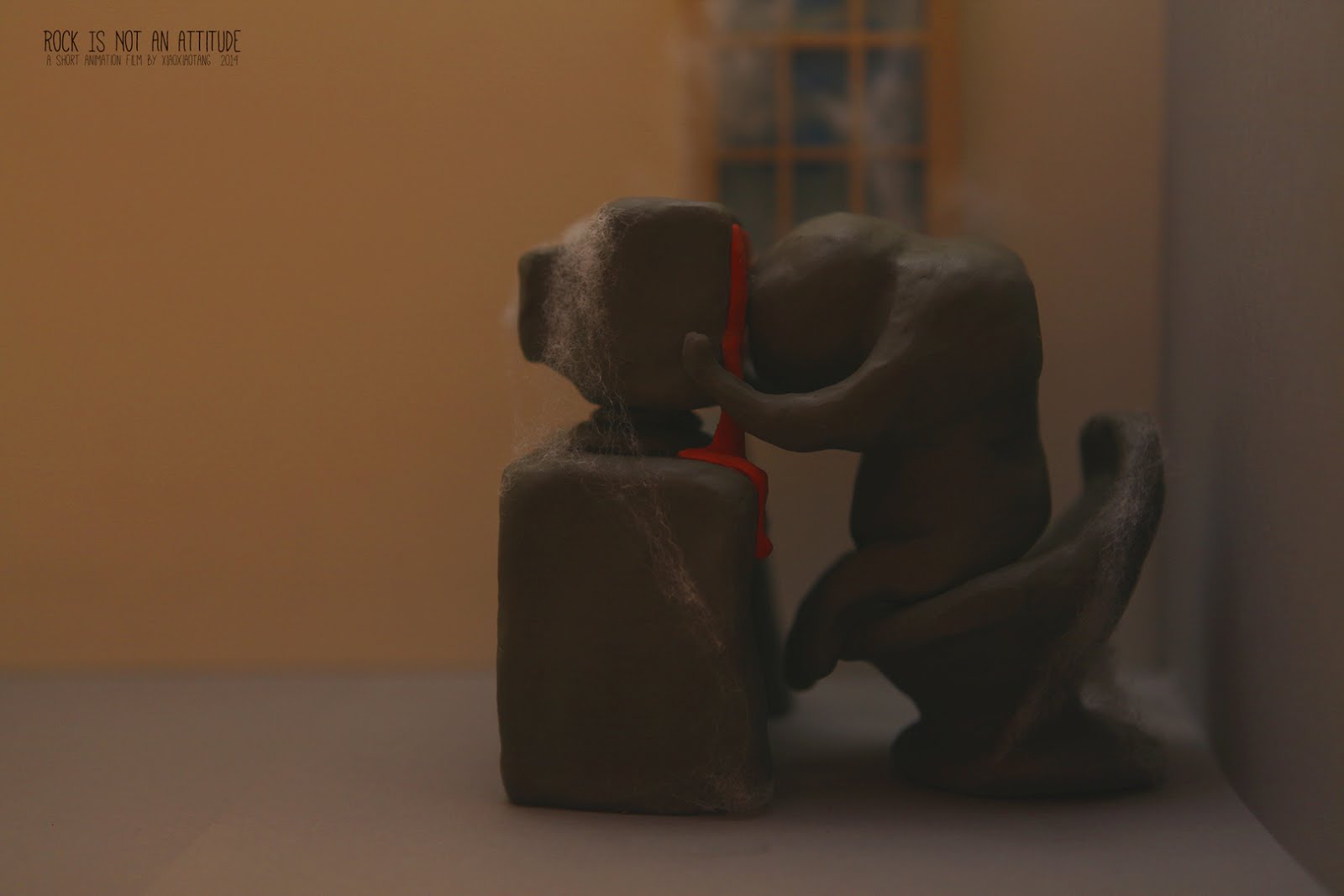
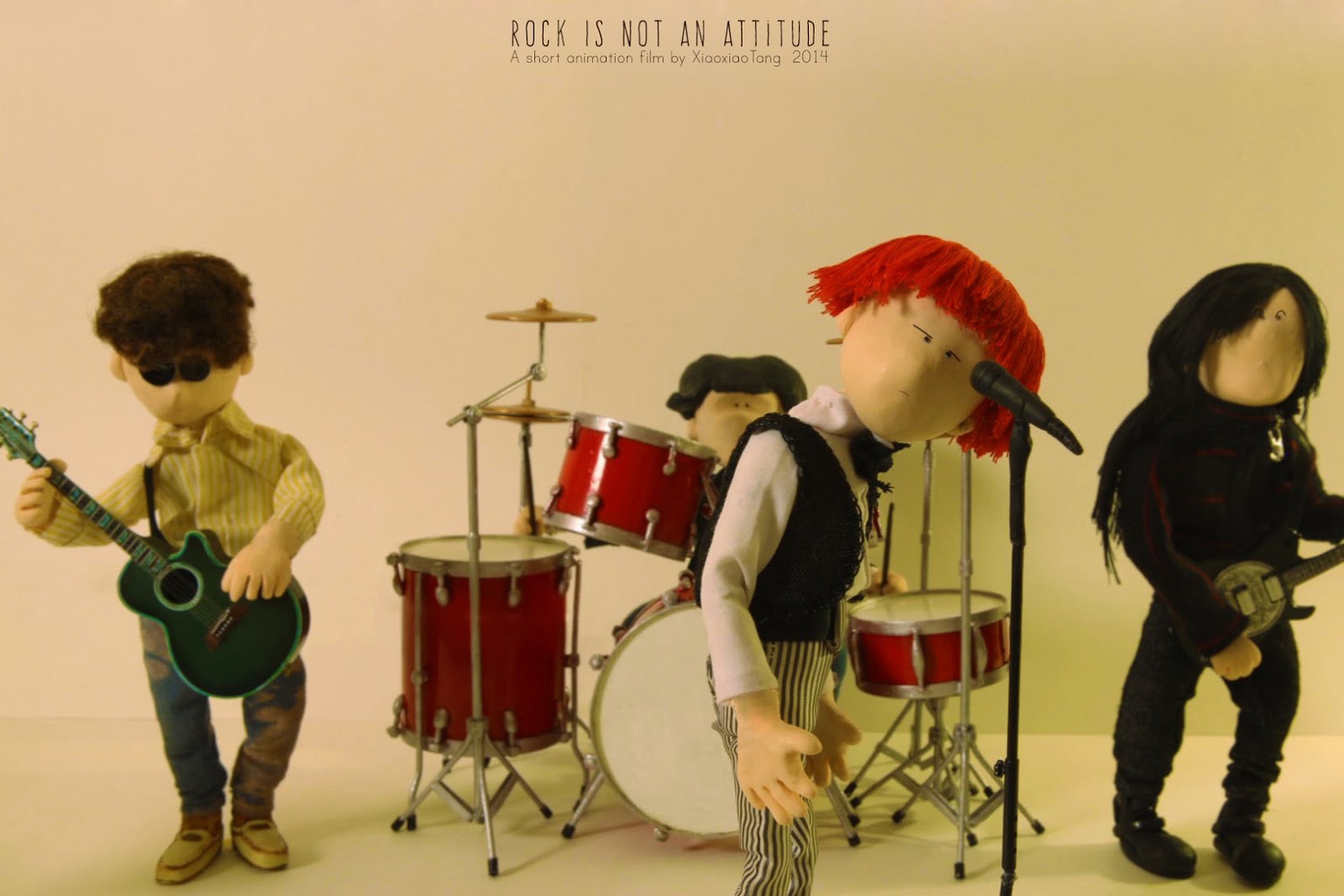
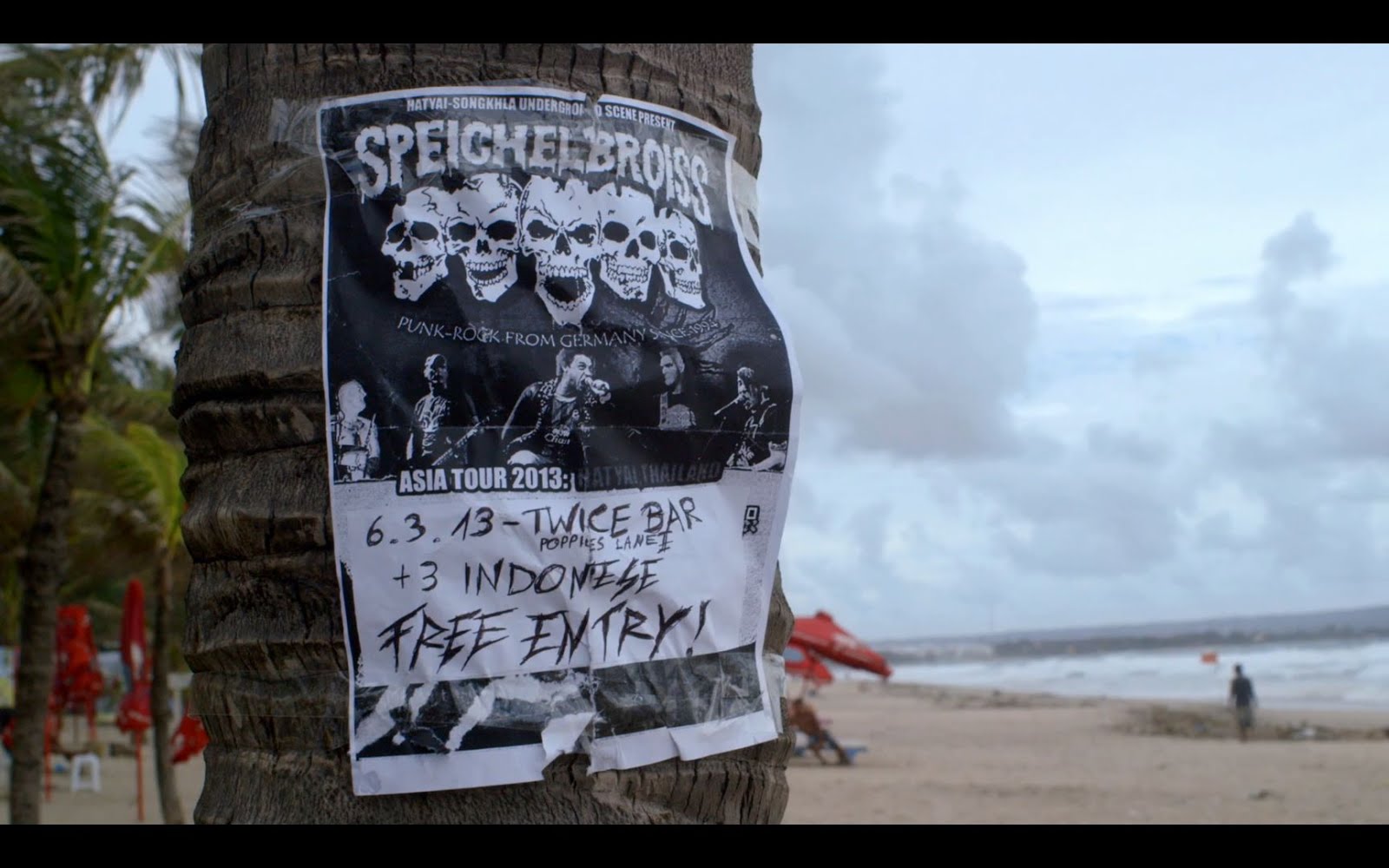

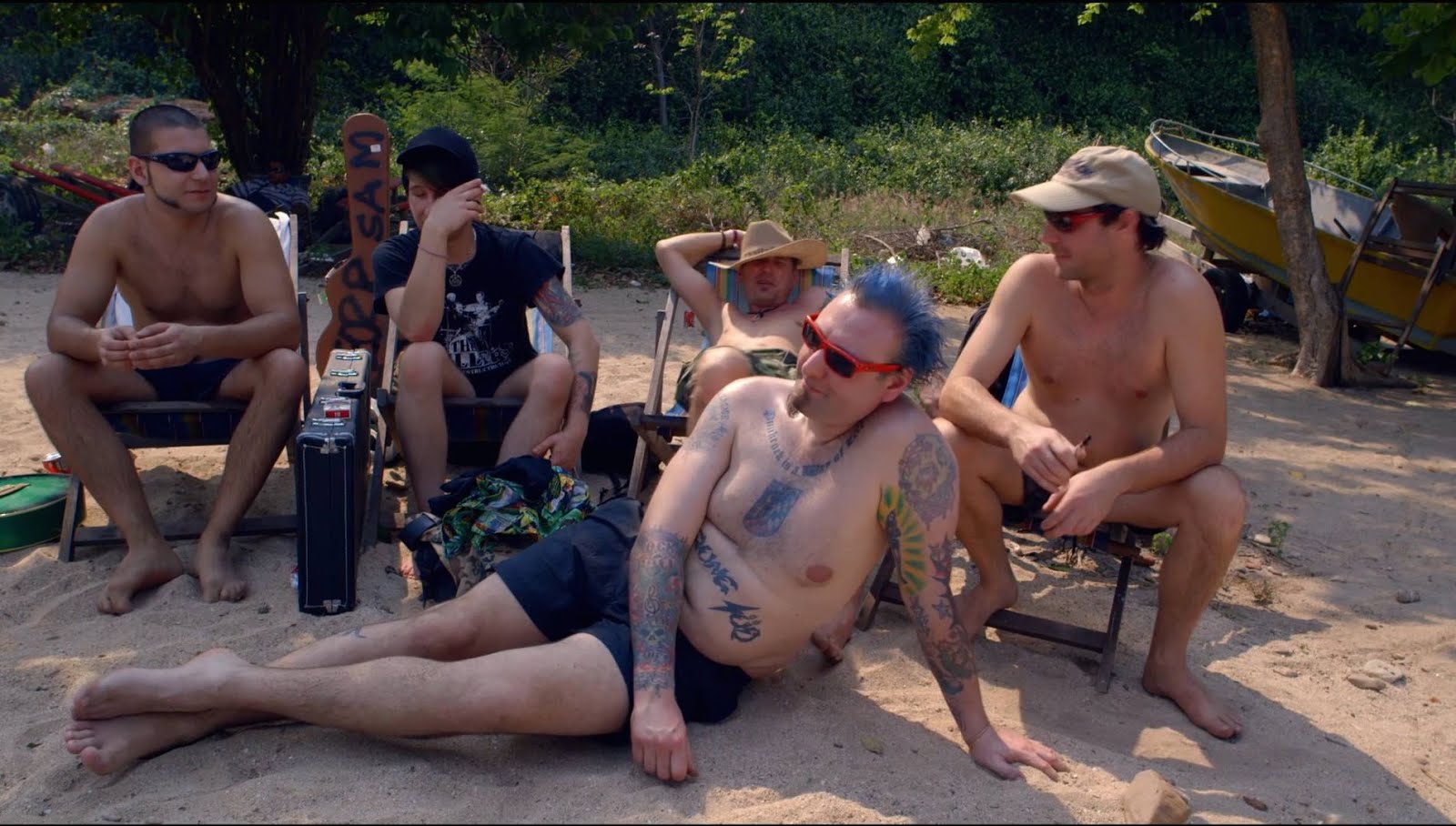
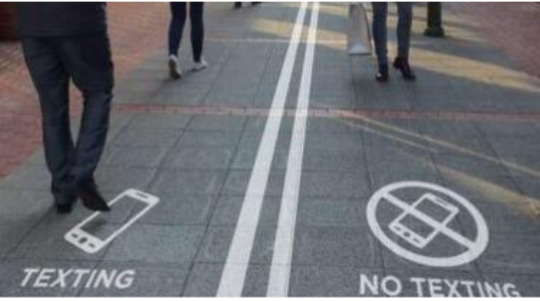
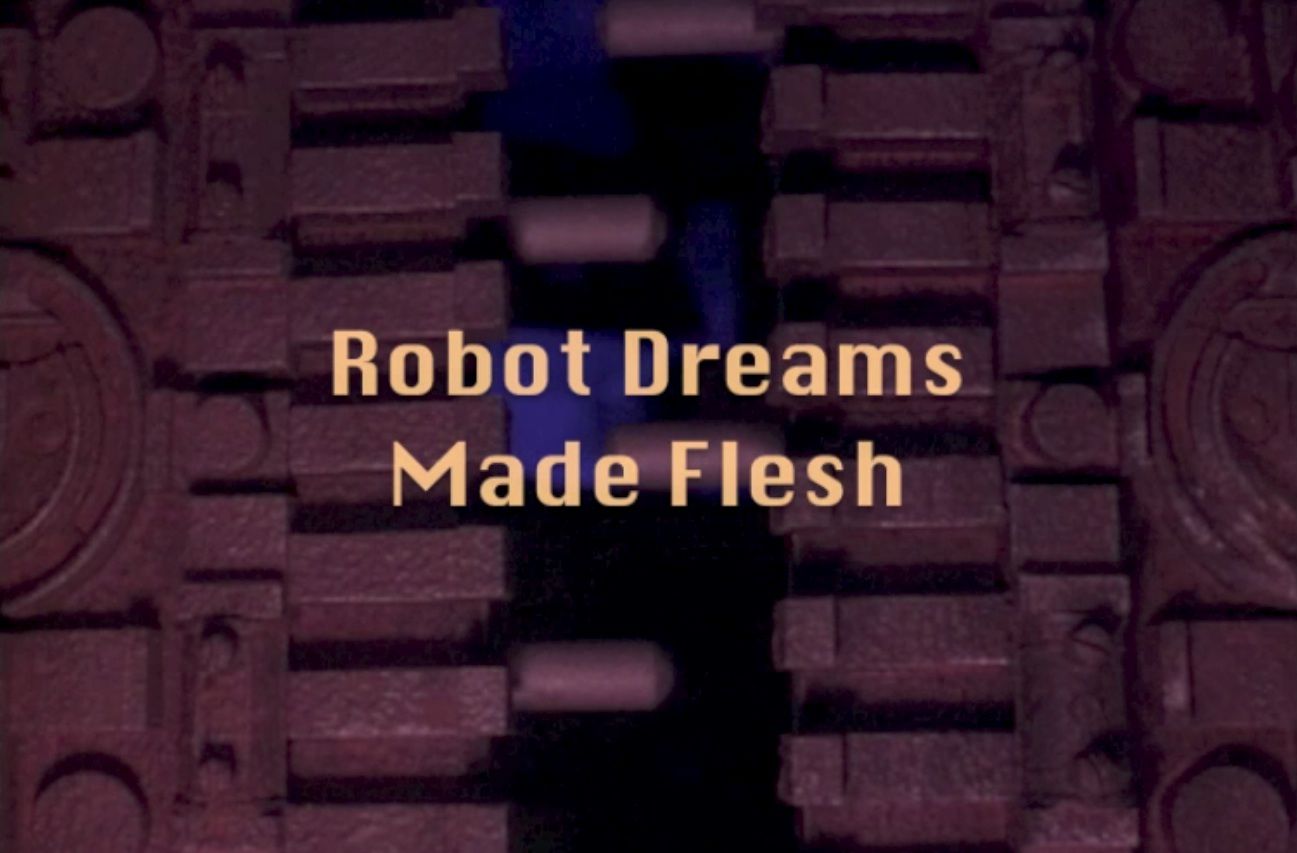
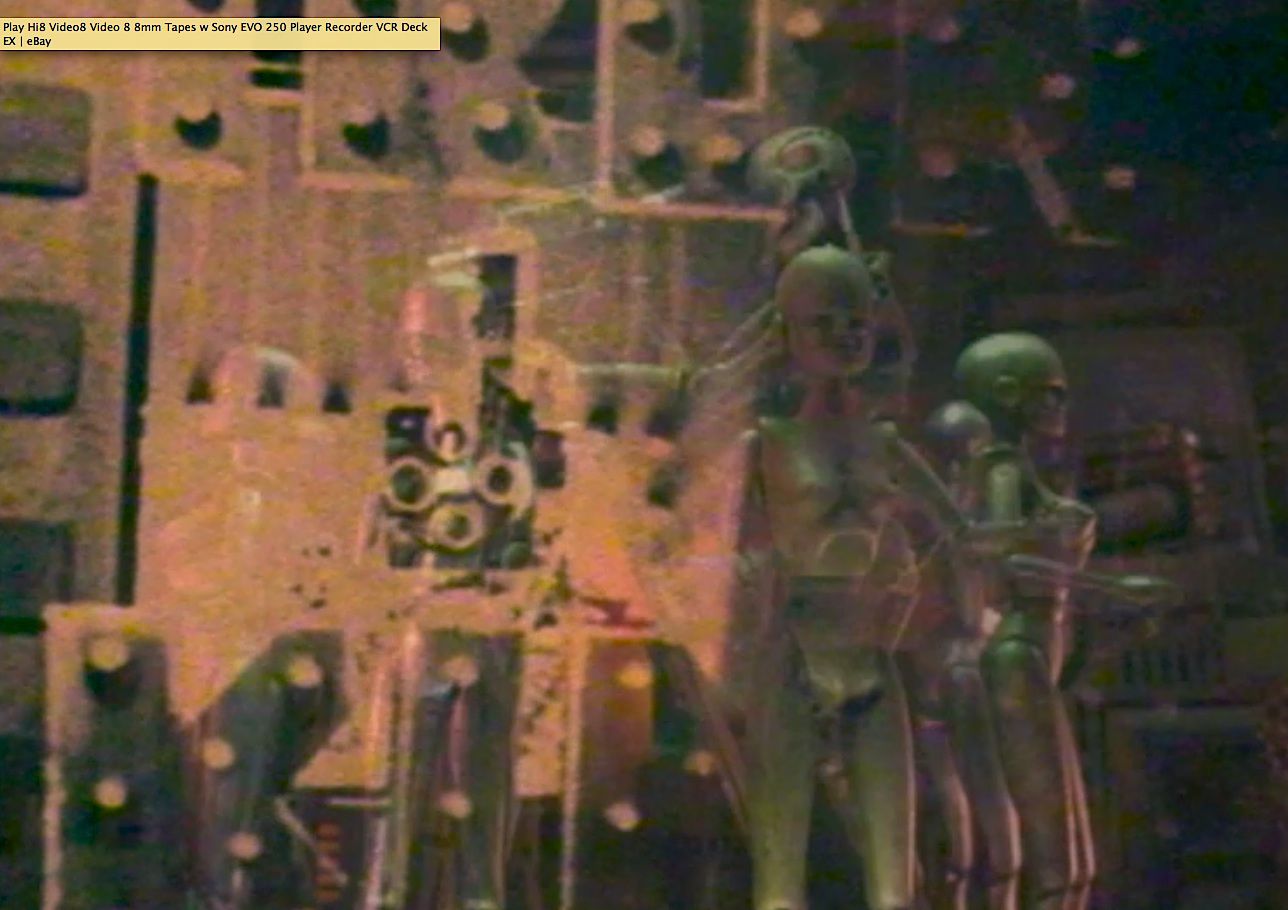
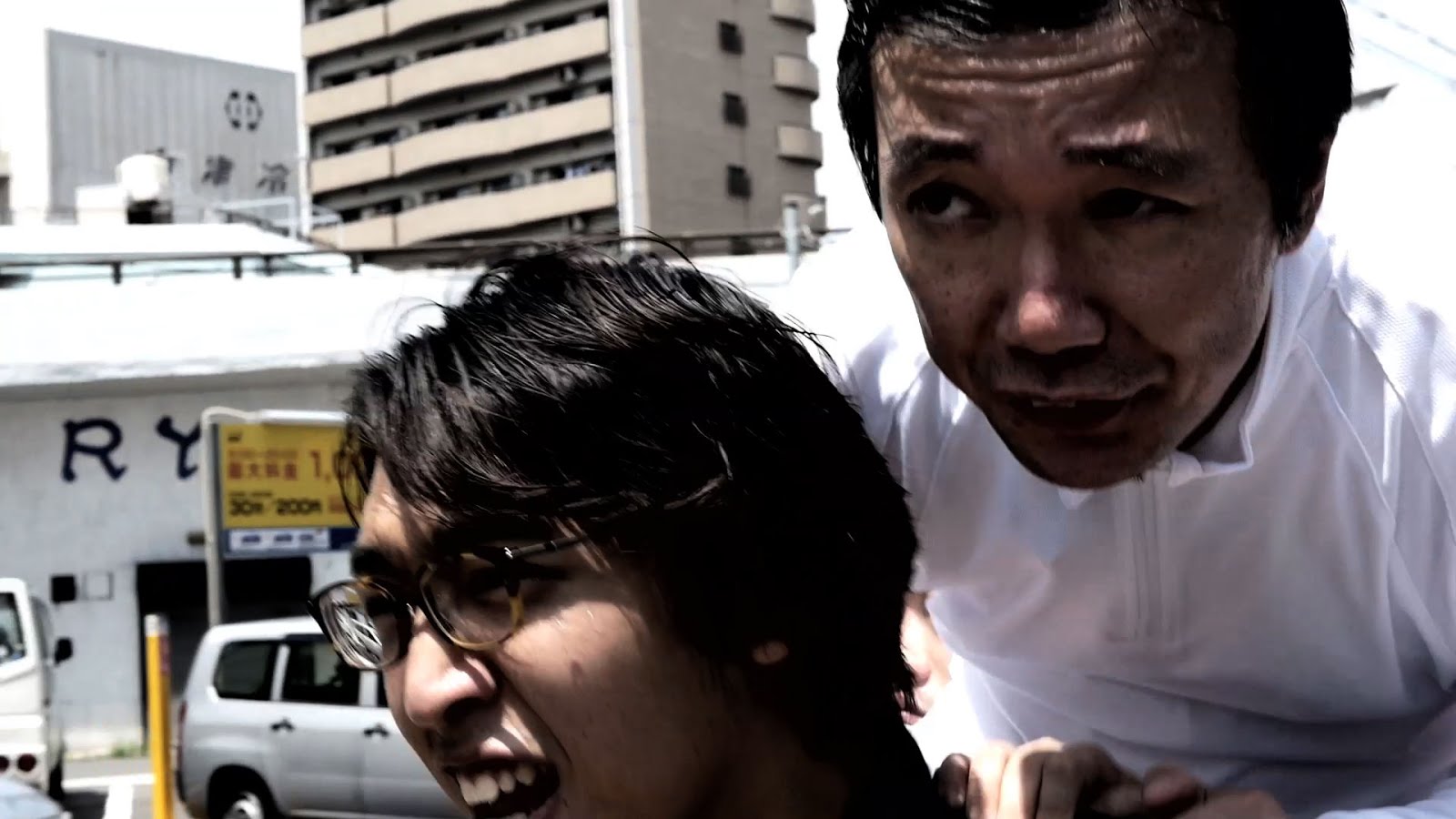


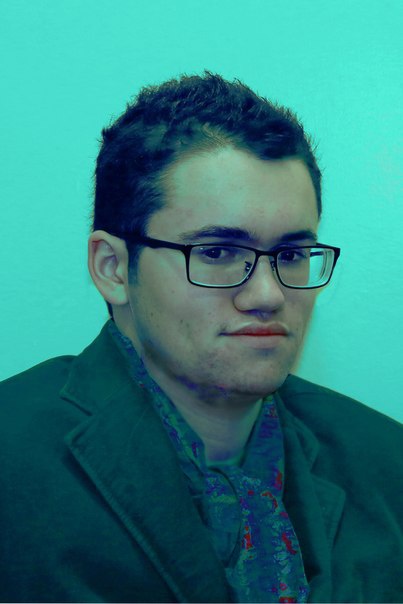
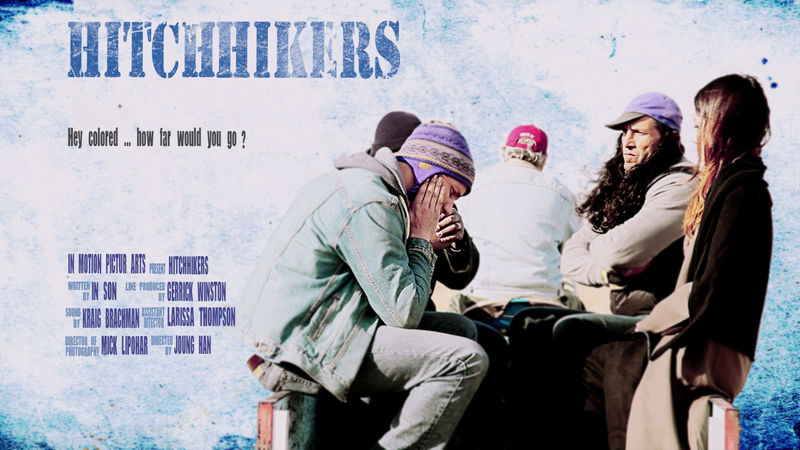



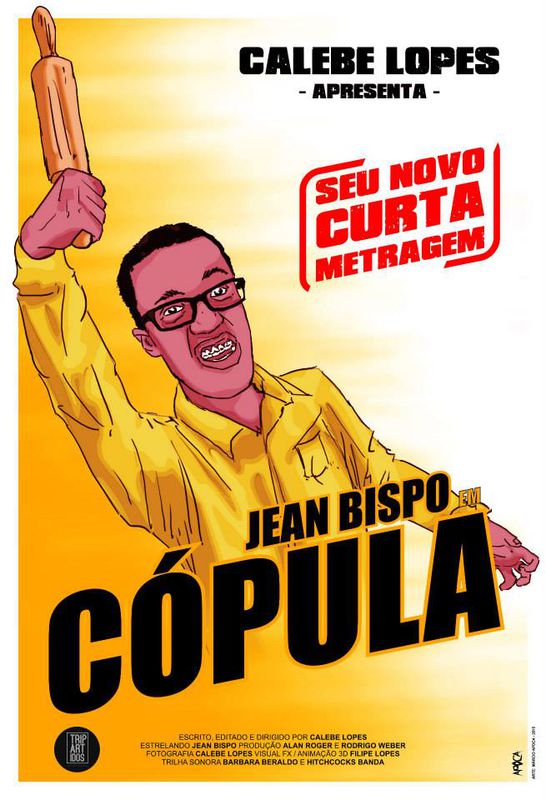
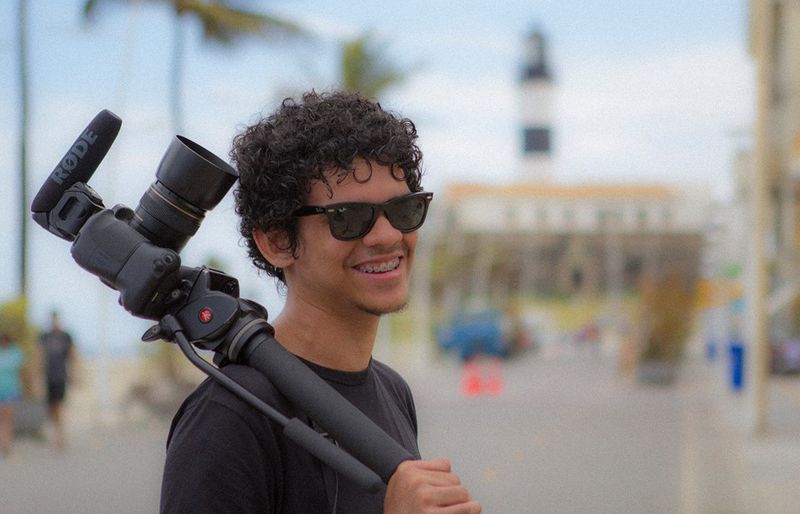
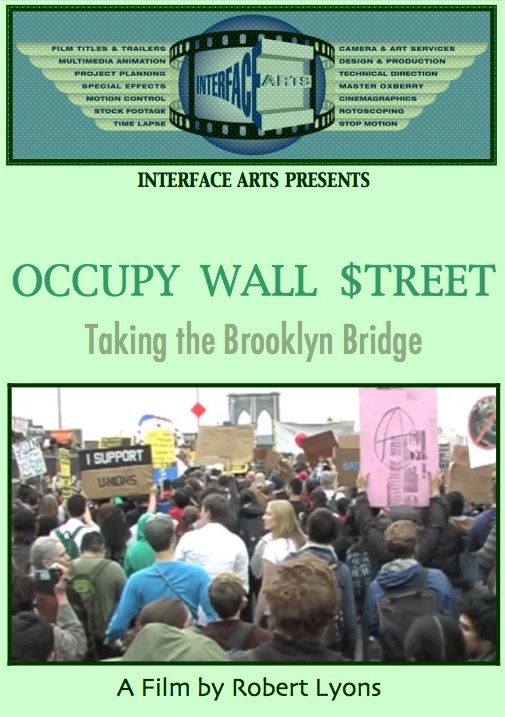
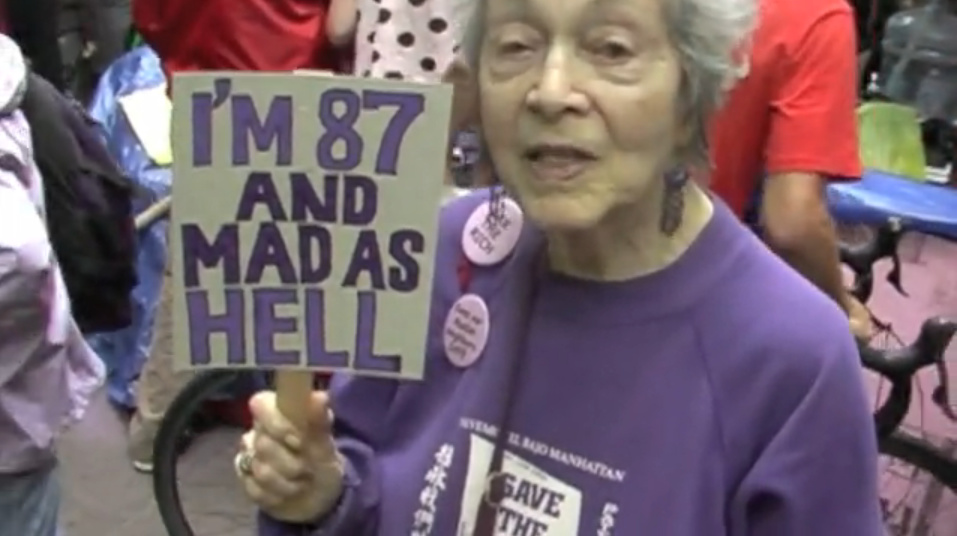
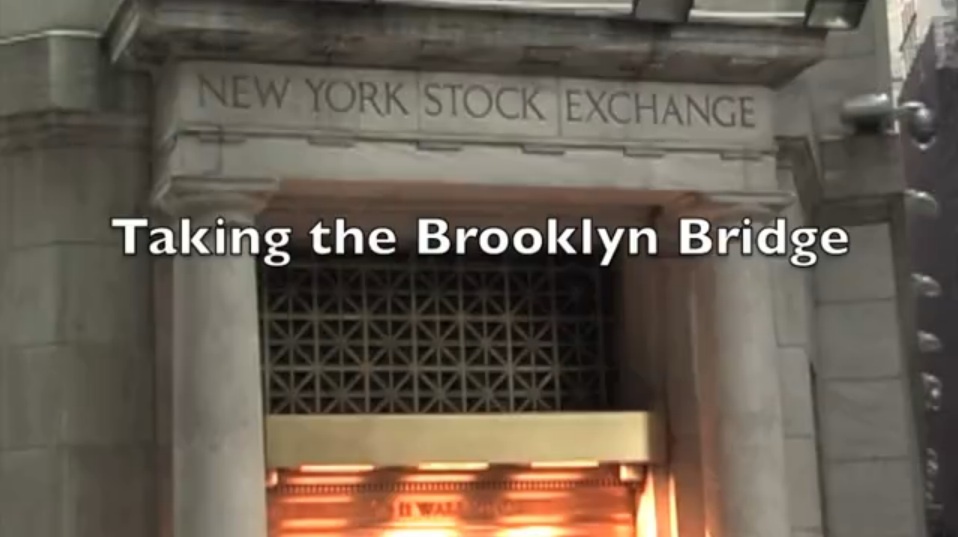

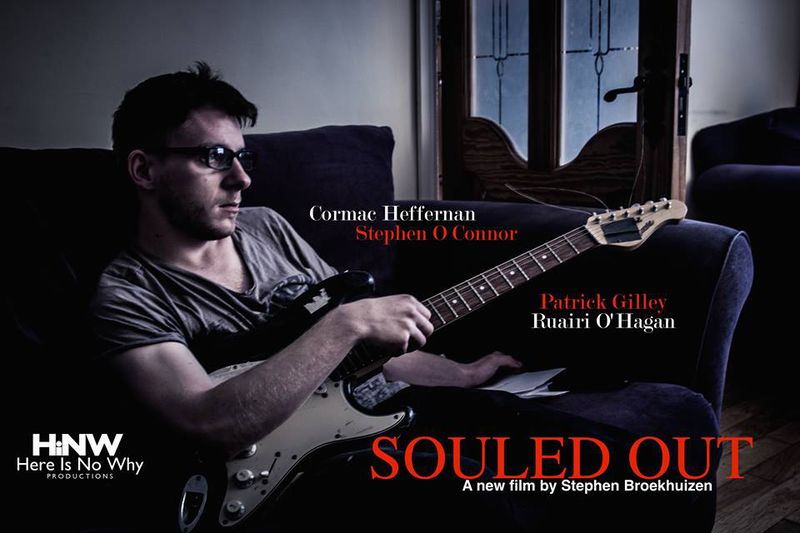
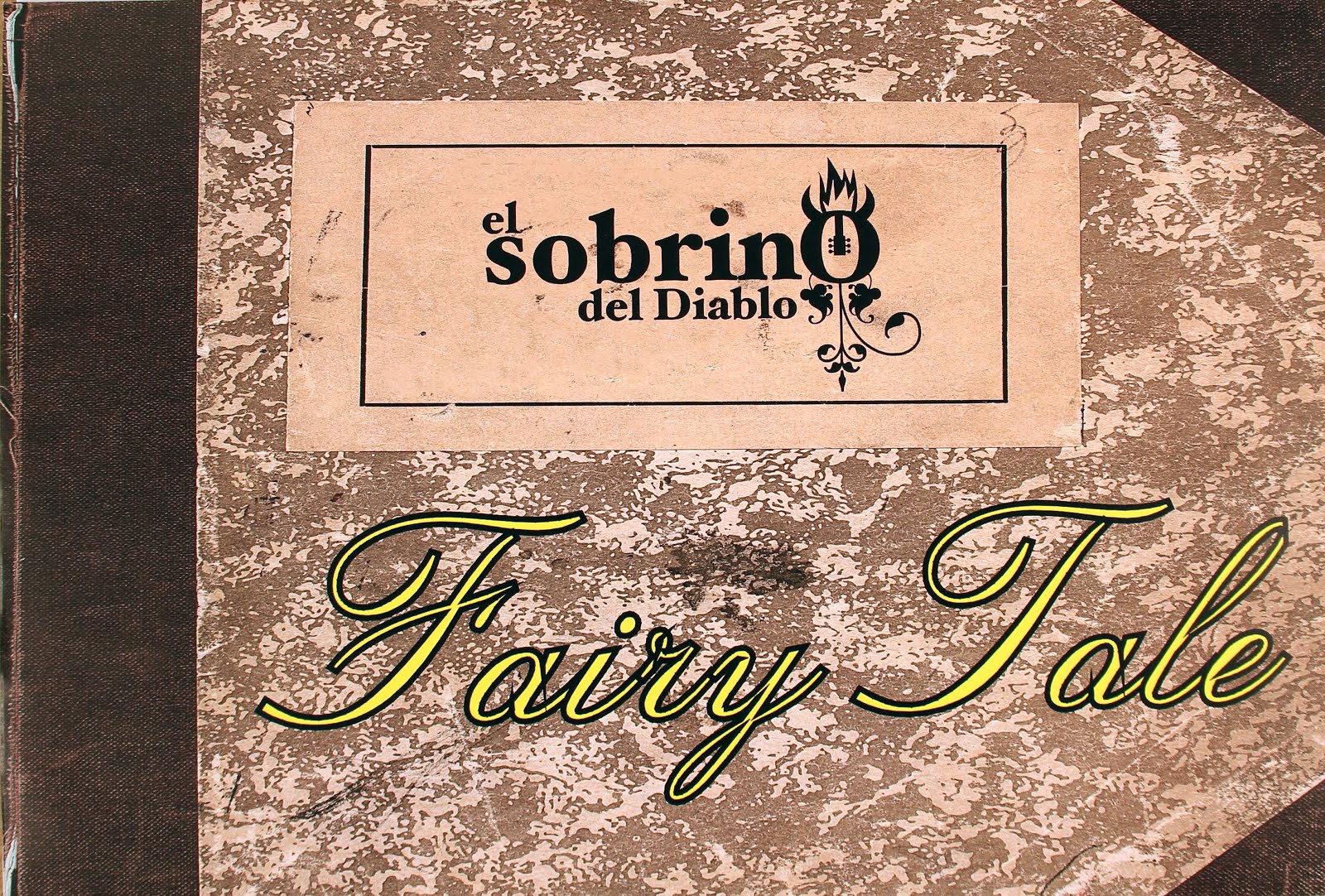

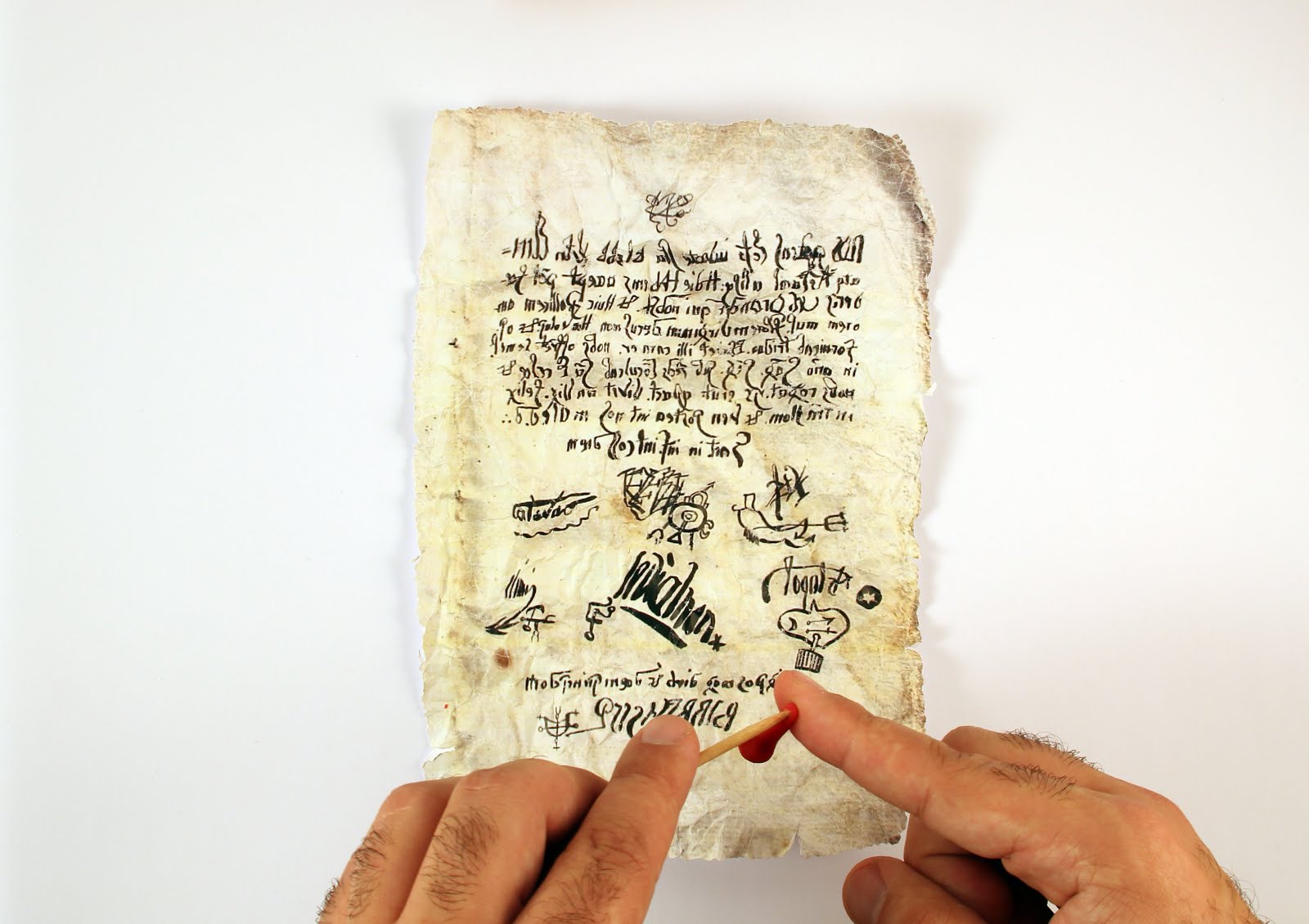
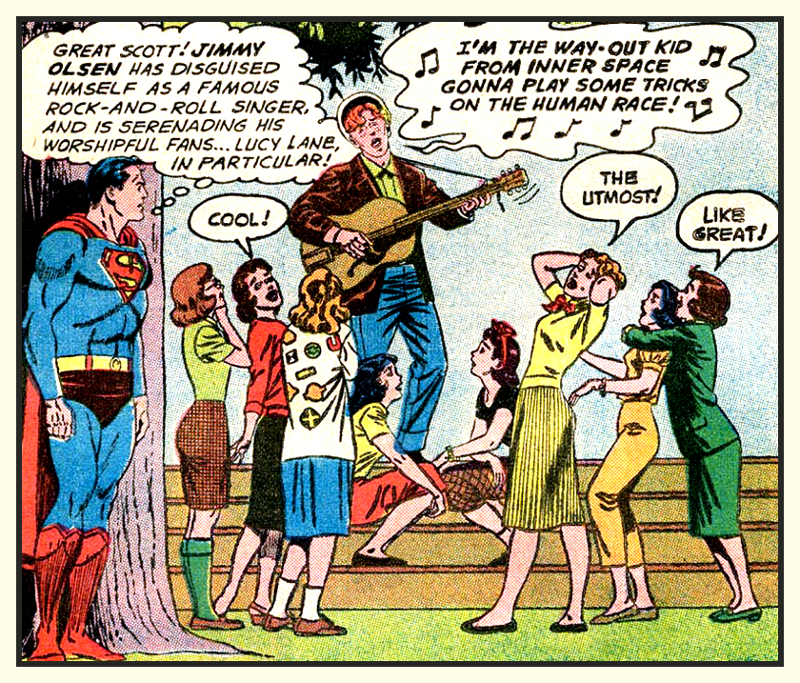

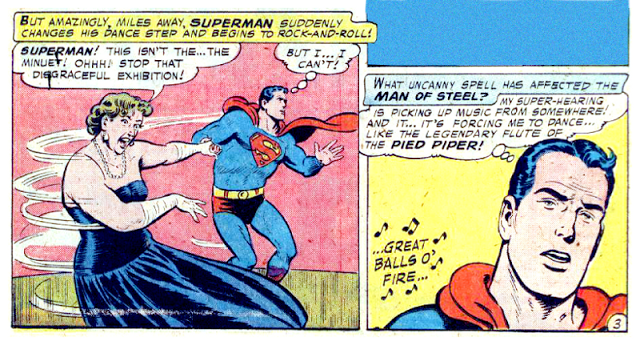
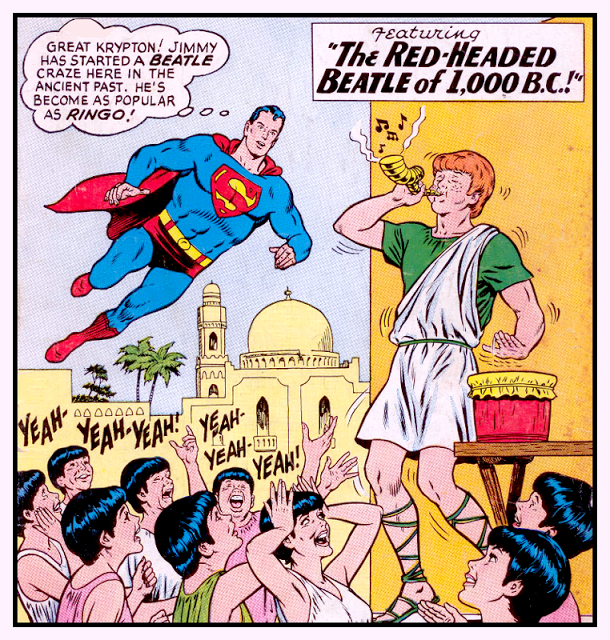










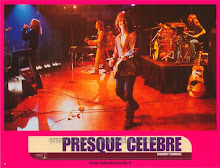






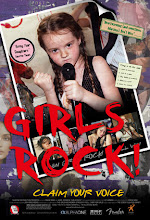





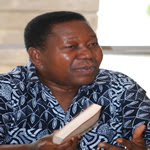




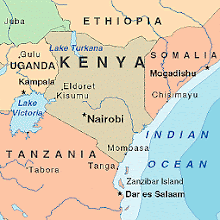
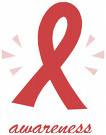
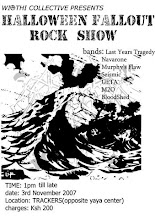


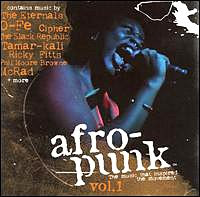

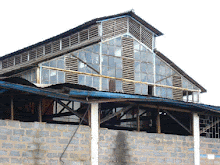


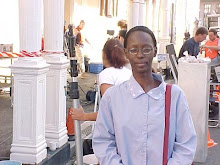
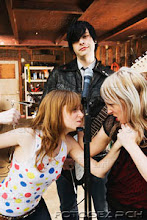








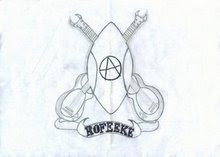






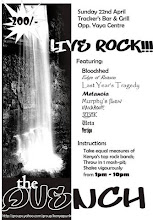
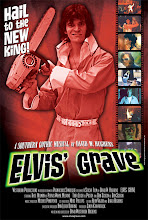



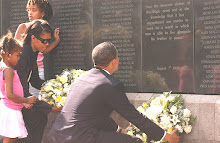




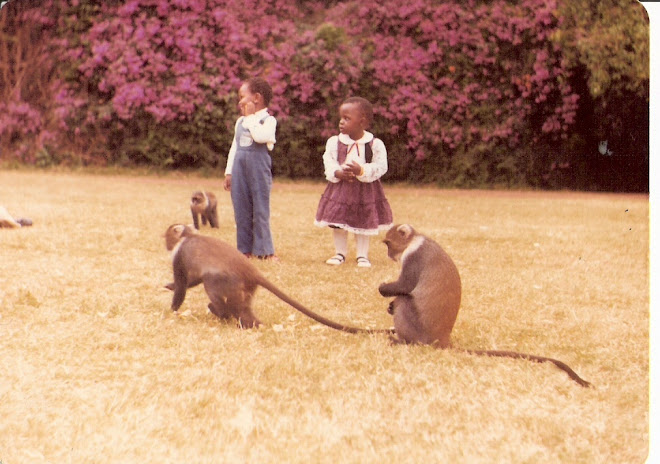
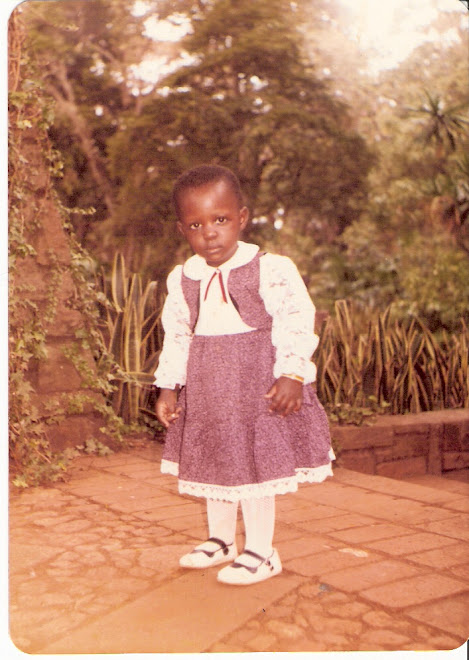
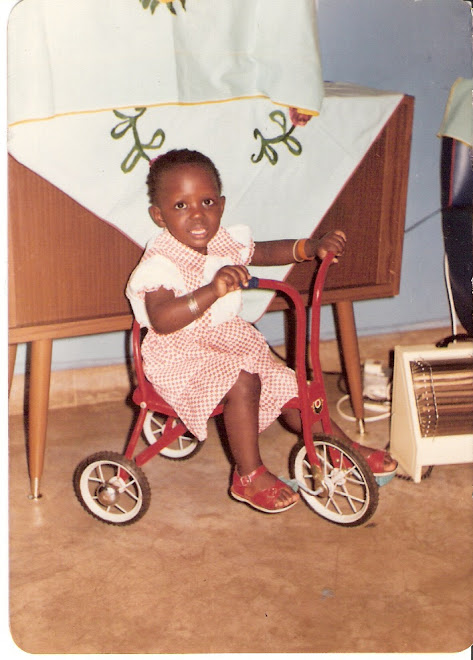
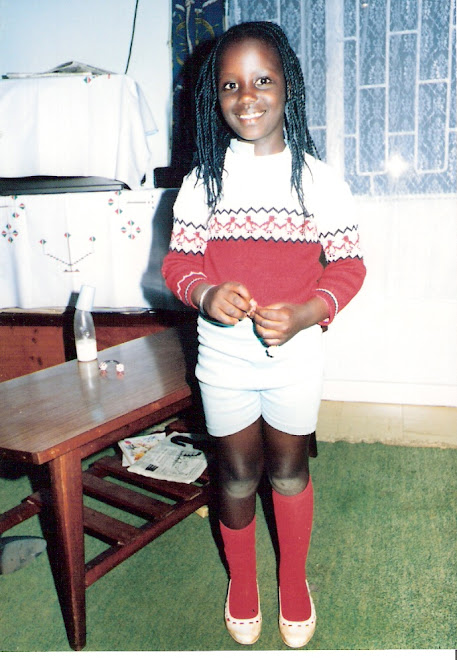
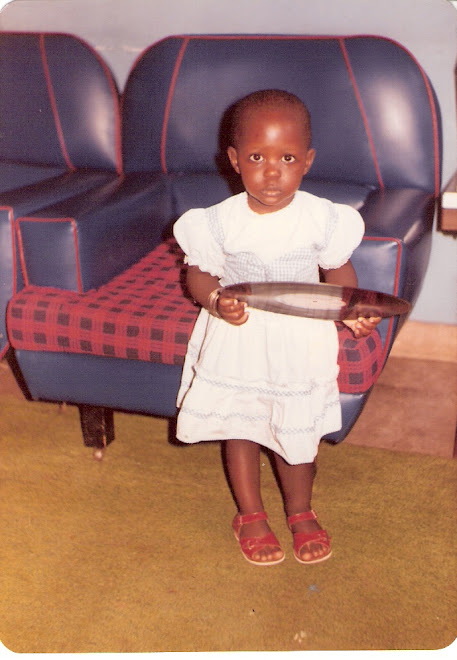
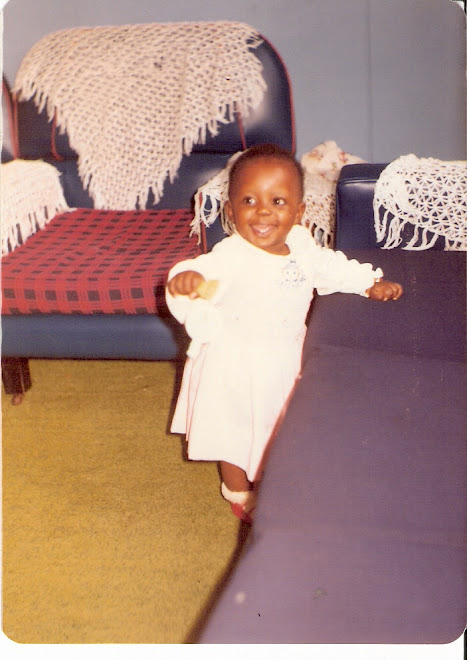

No comments:
Post a Comment